
👋 Hi, I’m Jake
I’ve SOLVED COMPLEX PROBLEMS for FAST PACED TEAMS with GREAT DESIGN since 2016
👋 Hi, I’m Jake
I’ve SOLVED COMPLEX PROBLEMS for FAST PACED TEAMS with GREAT DESIGN since 2016
jake
jake
developer
developer
you
you
studio
rog
studio
rog
studio
rog
Selected Work
+364%
Conversion Rate
Acquired by Apex Group
Redesign of the alternative investment platform, Context 365.
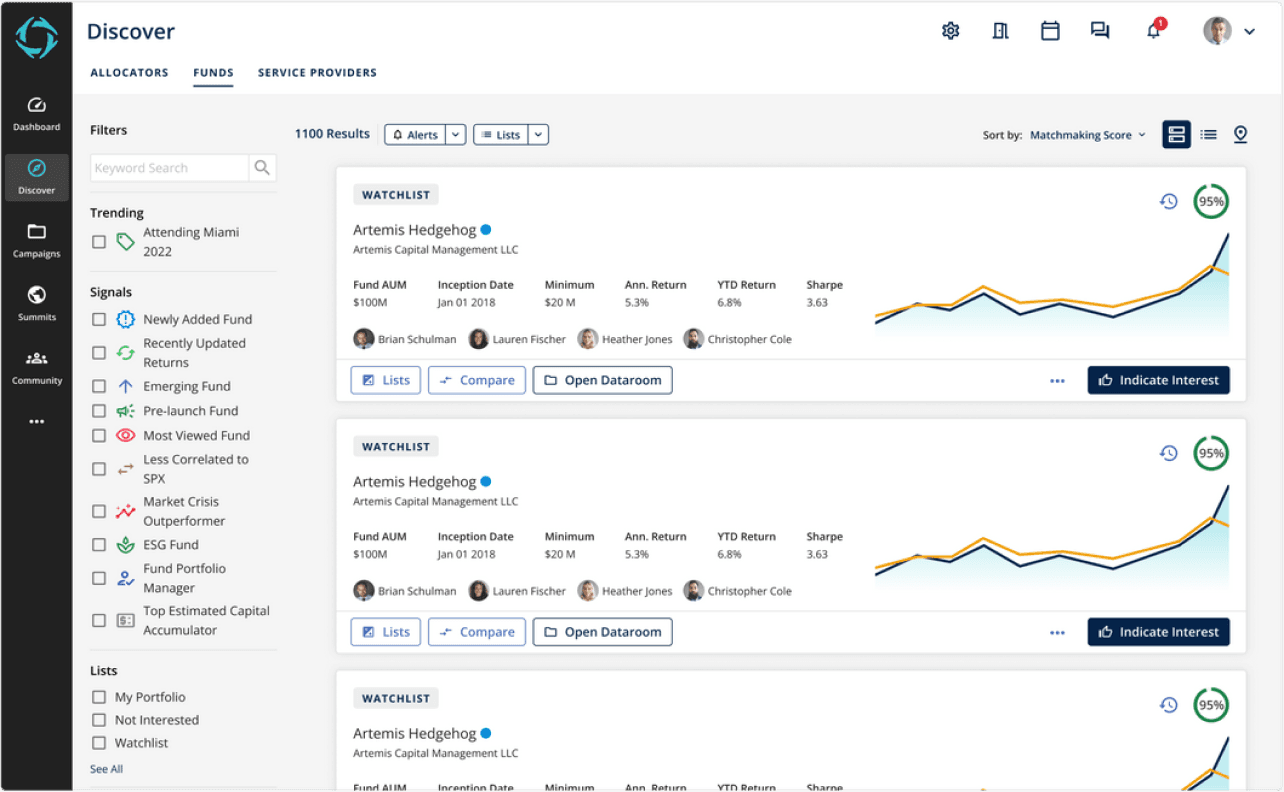

Led implementation and maintenance of Context 365’s React design system.
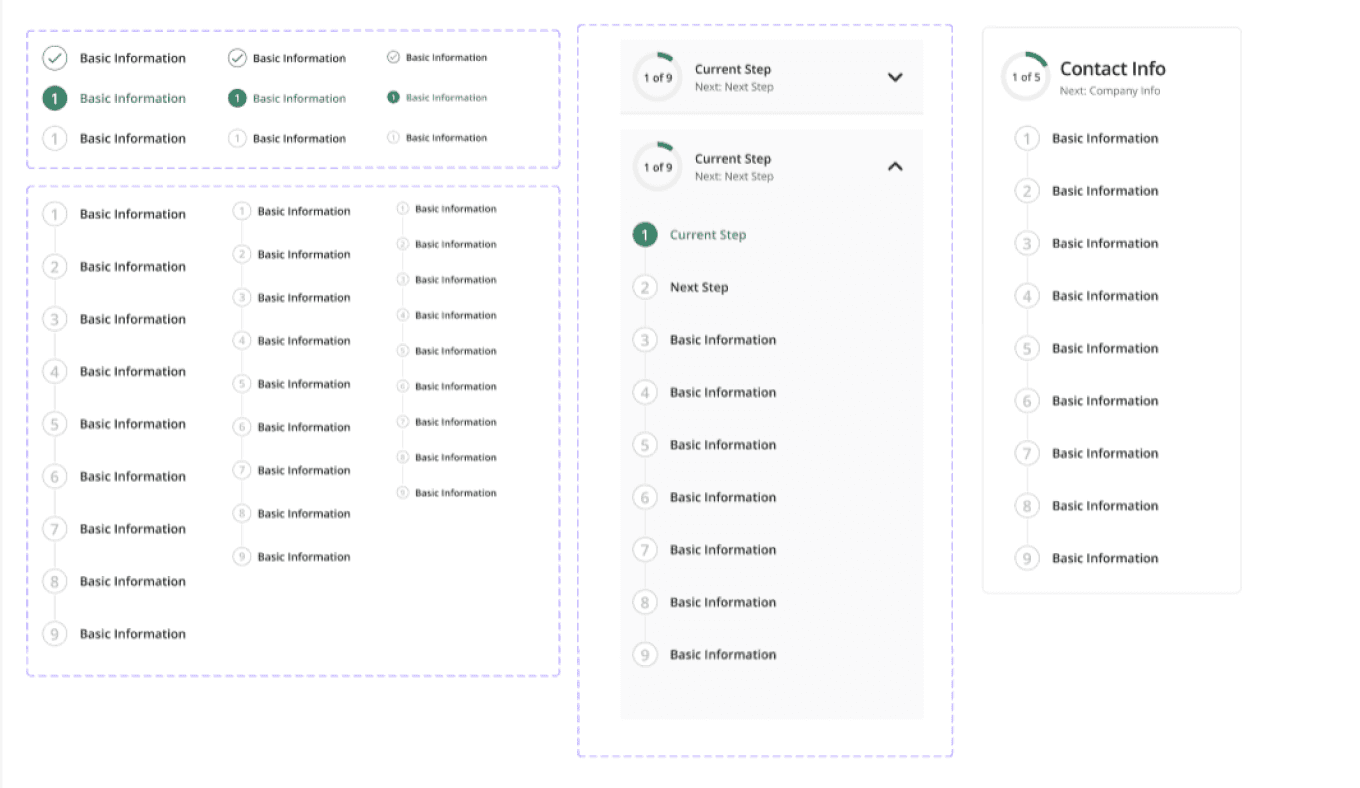

Idea to production in
3 months
100% Usage across
designers and developers
Design System
Context 365
Case Study In-Progress
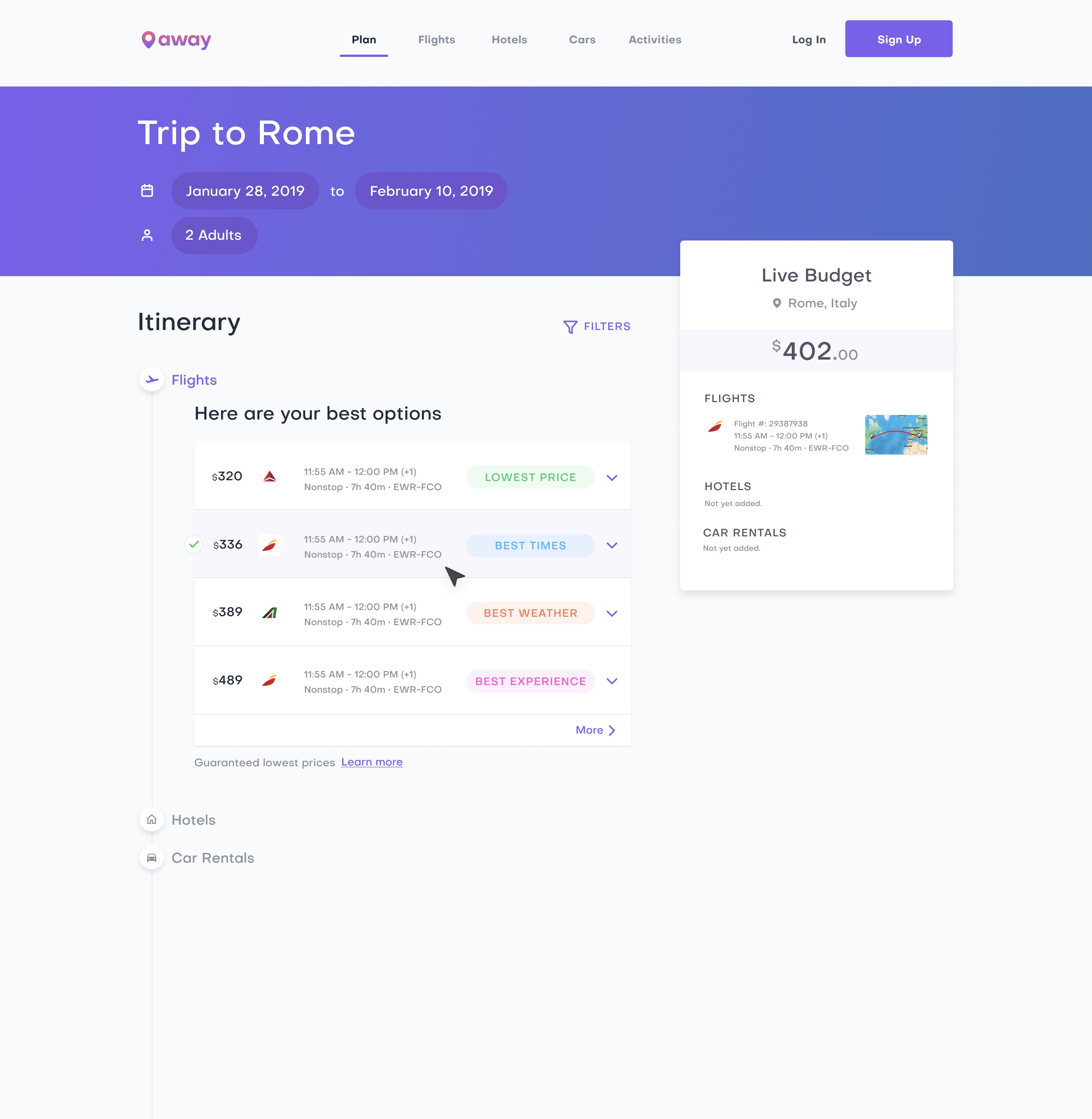

Application Design
Clarivate Analytics
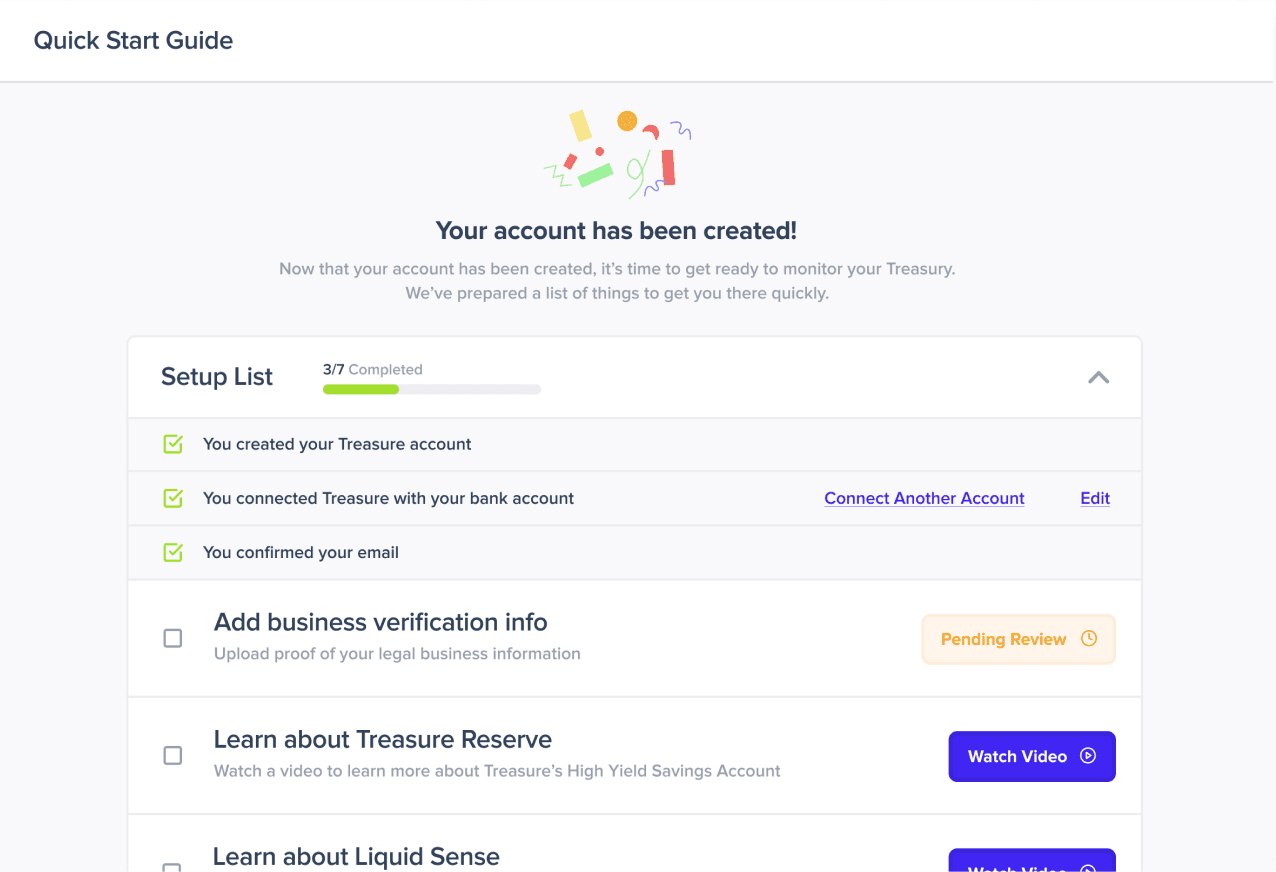

Onboarding Design
Treasure Finance
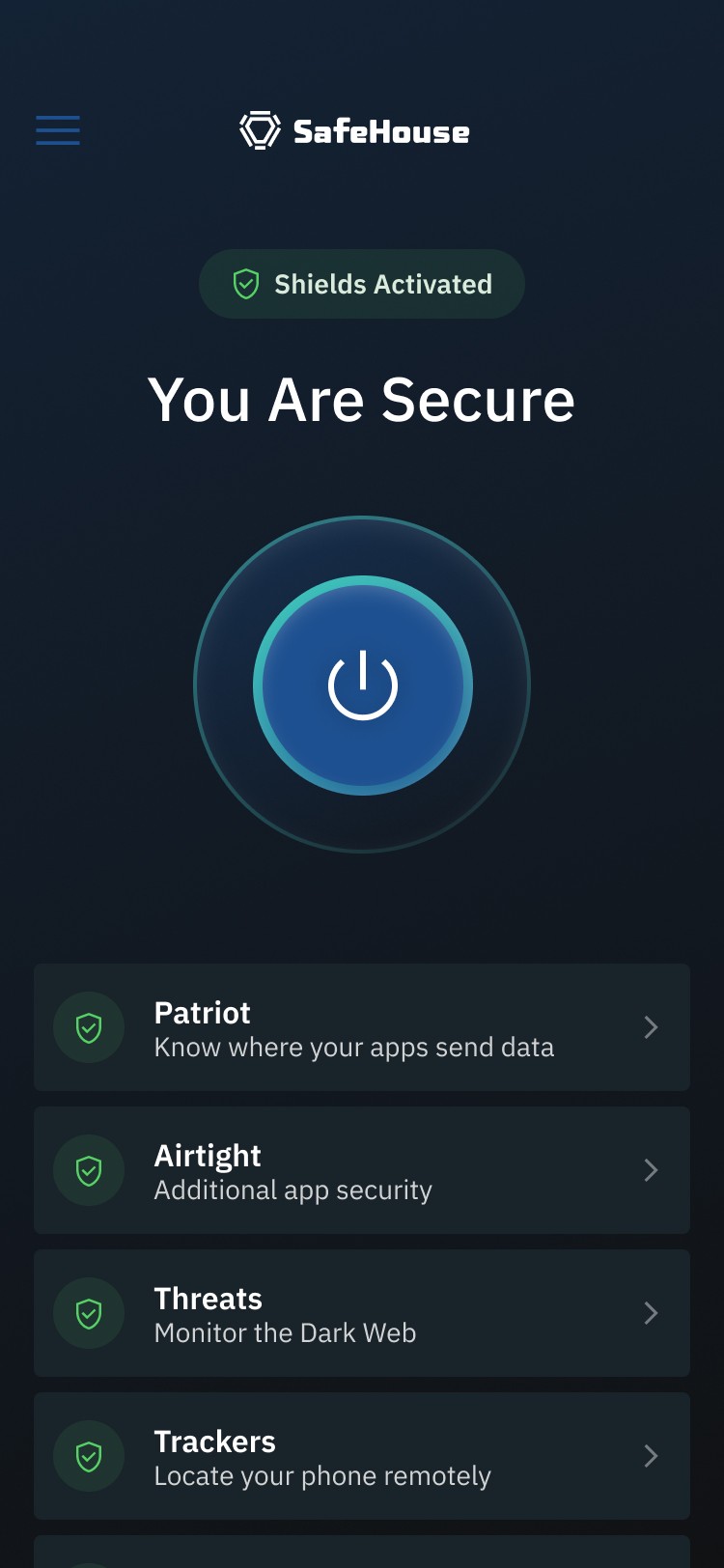

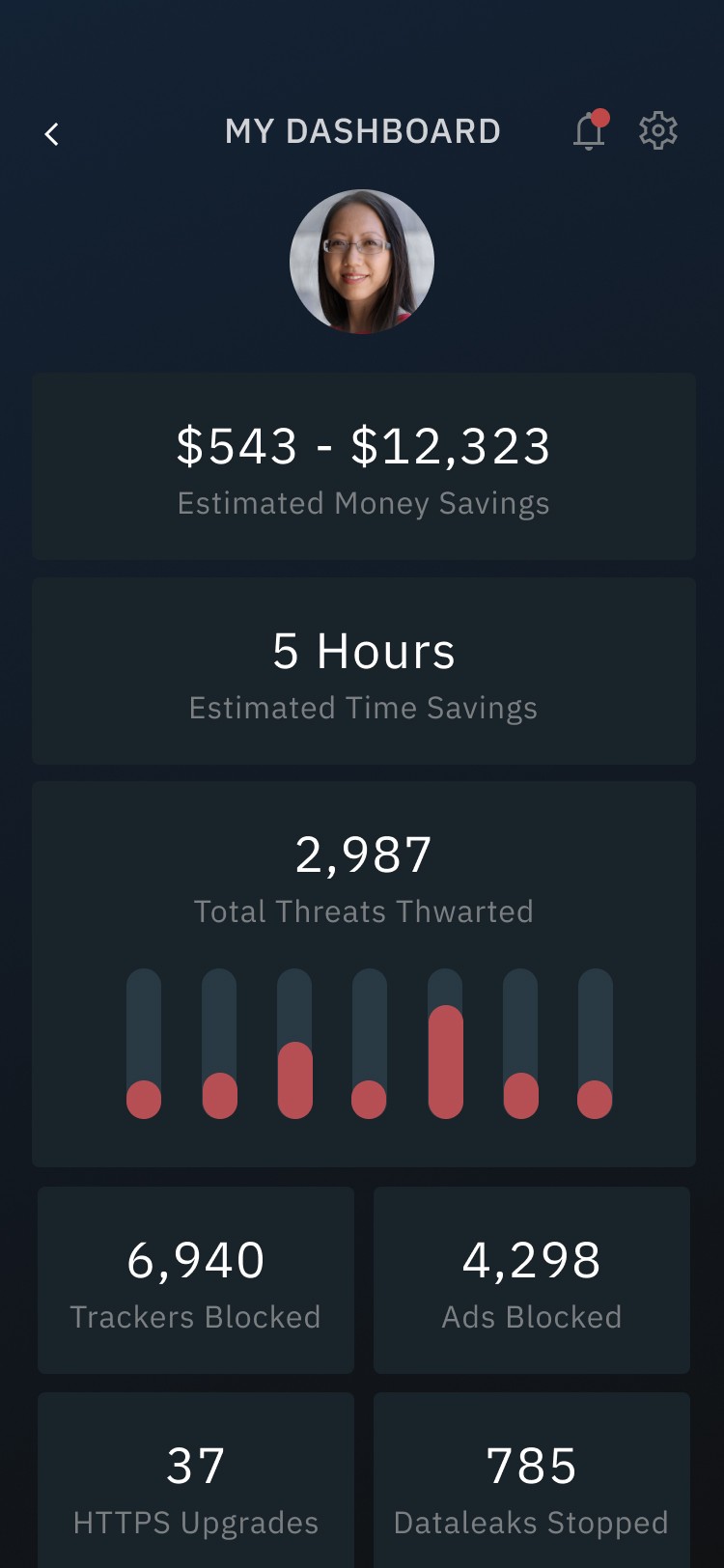

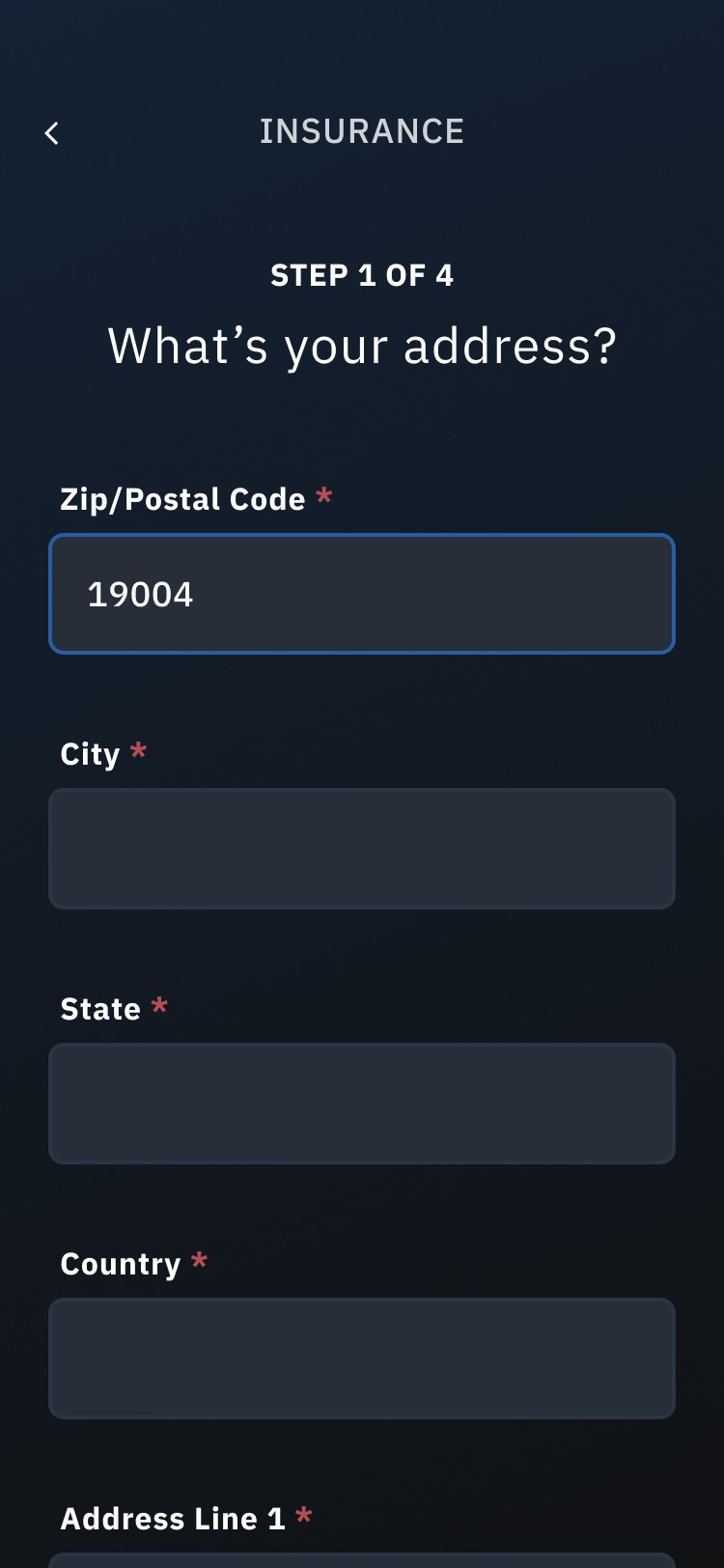

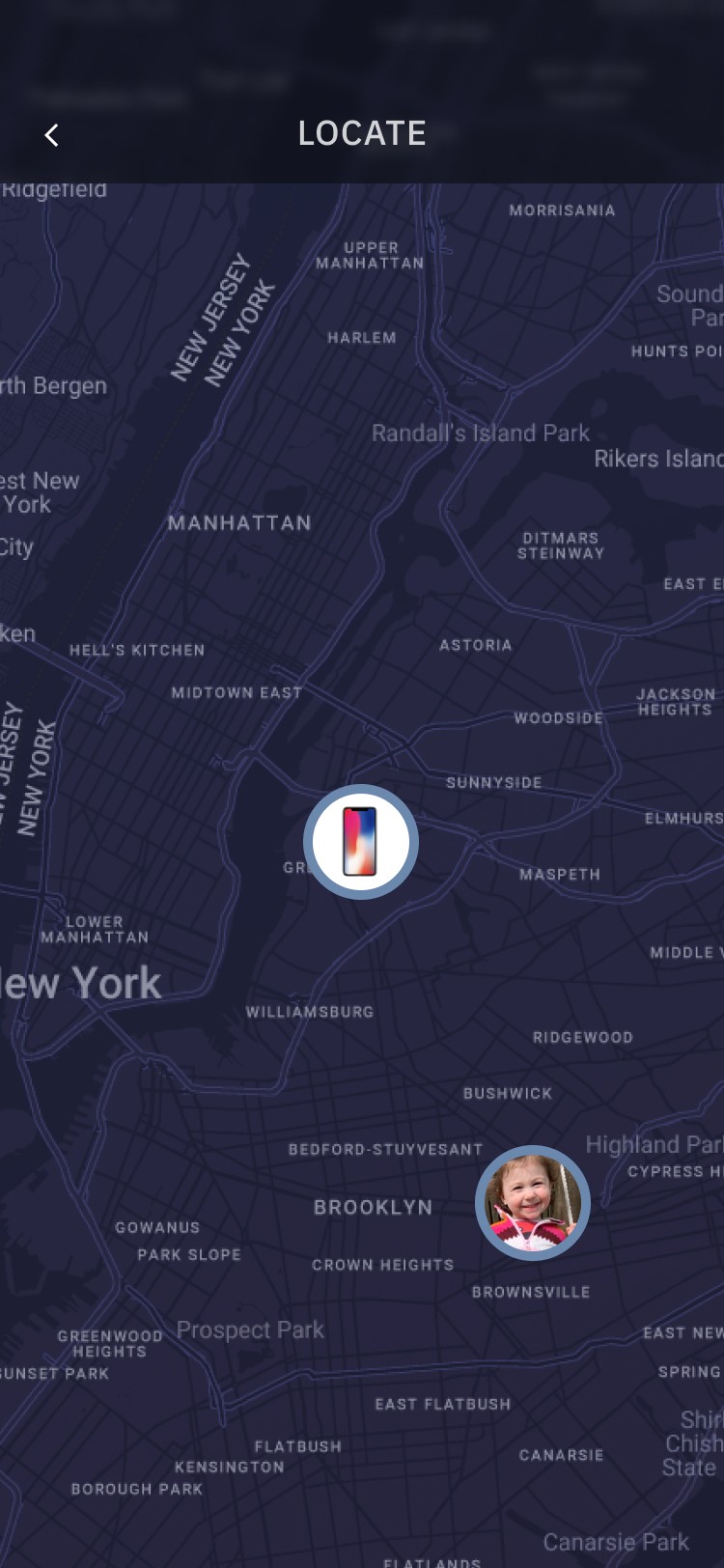

Mobile App Design
Safehouse
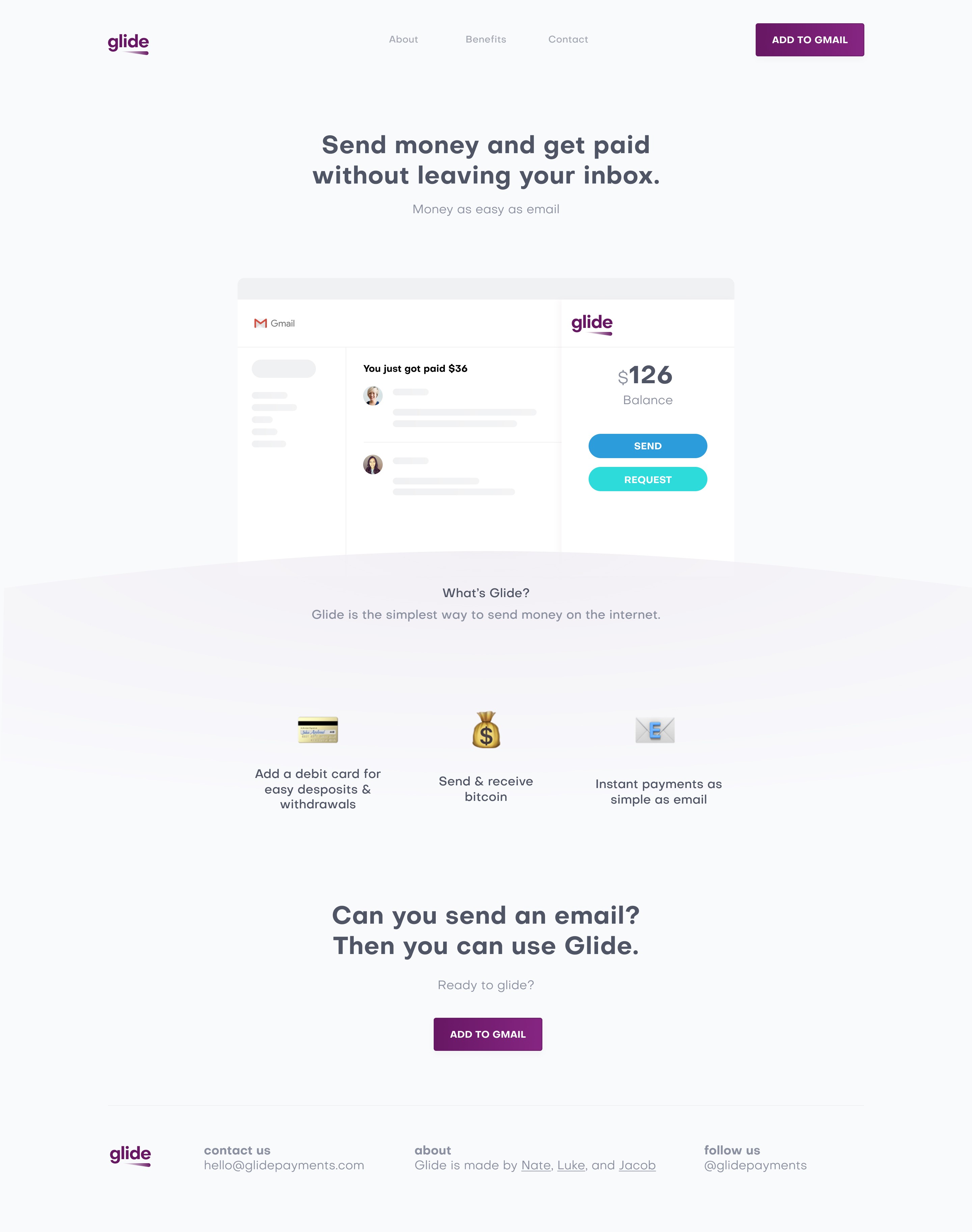

Landing Page Design
Glide
Pitch Deck Design
Story Capital
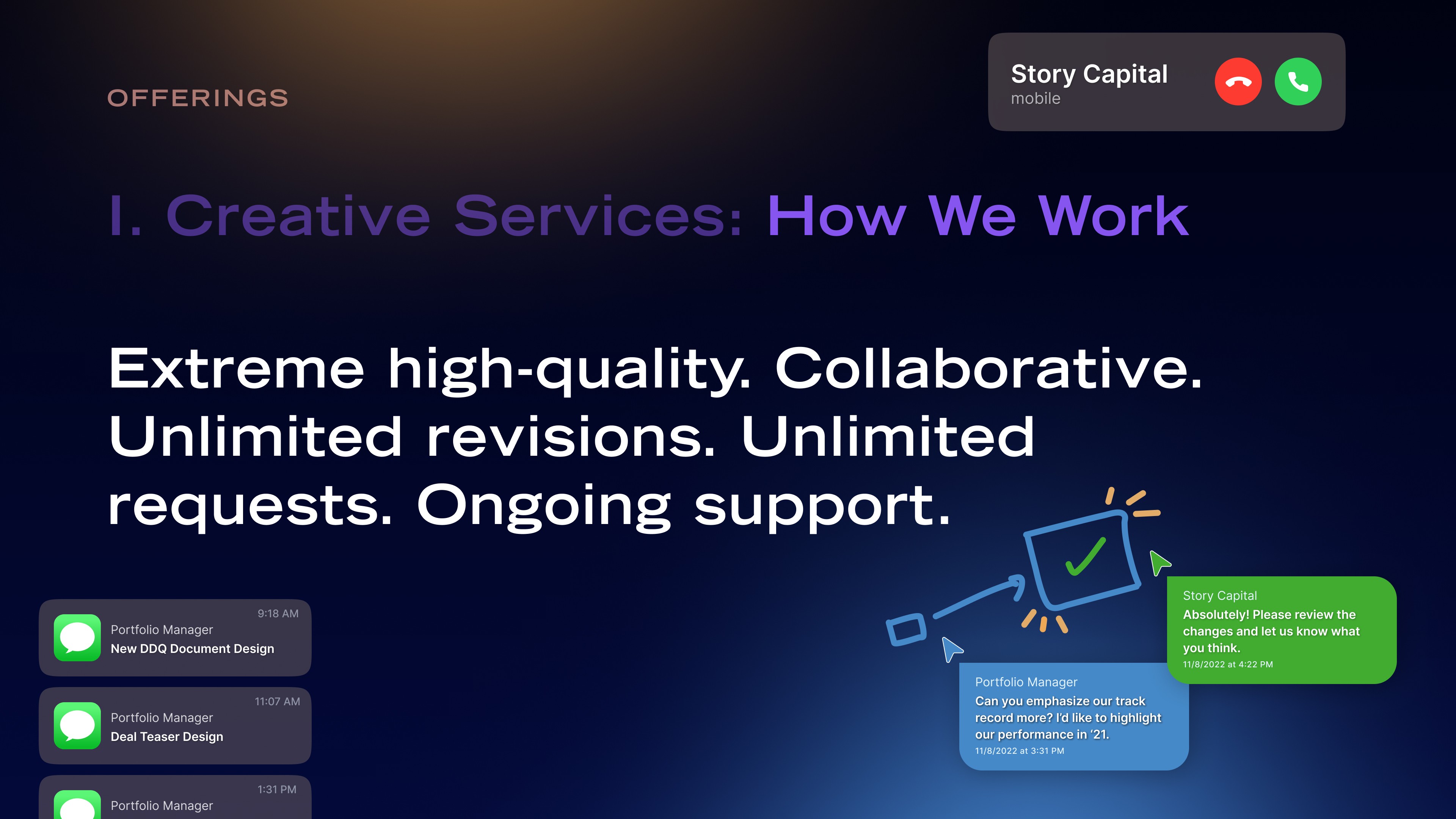

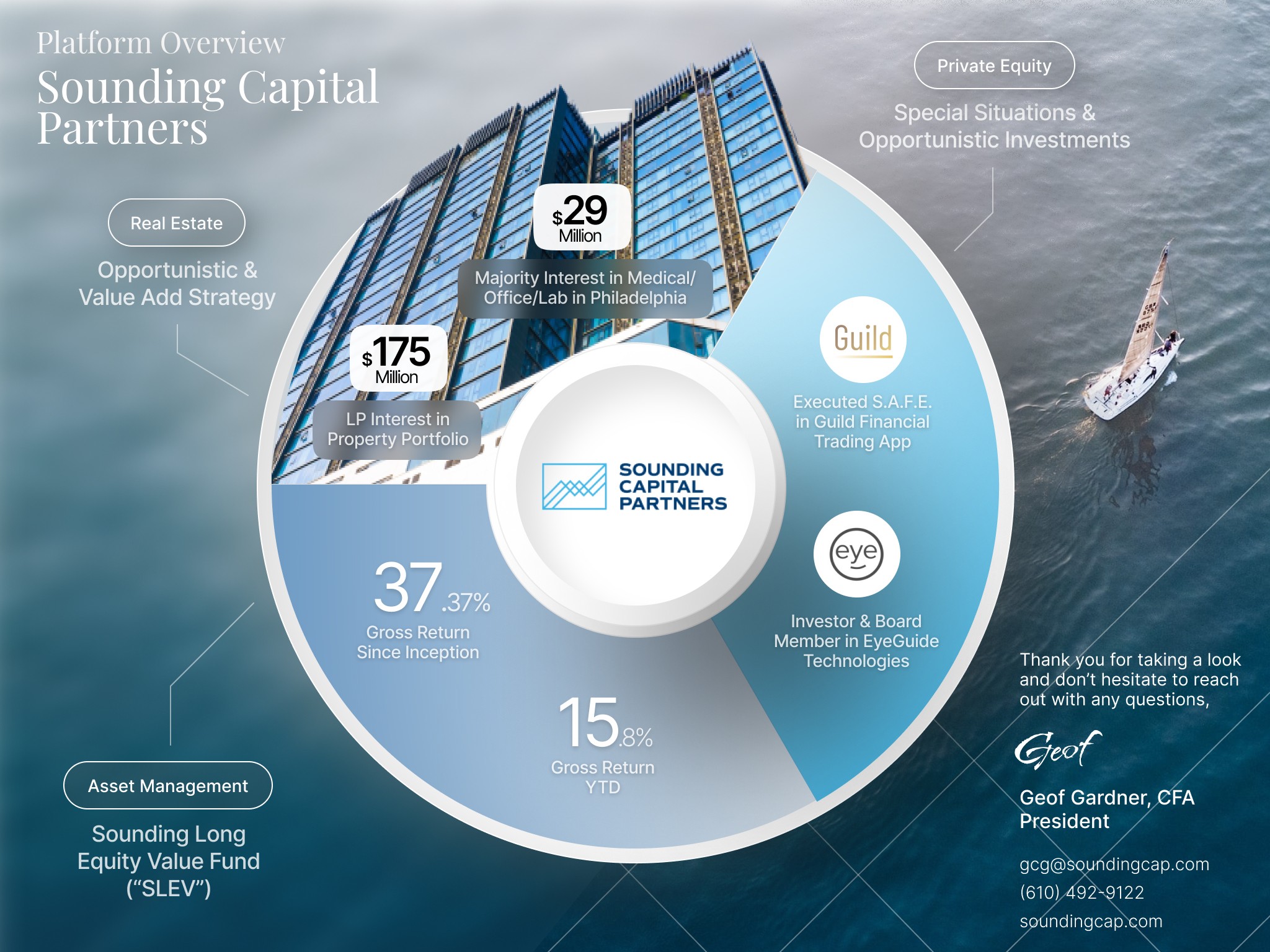

Graphic Design
Sounding Capital Partners
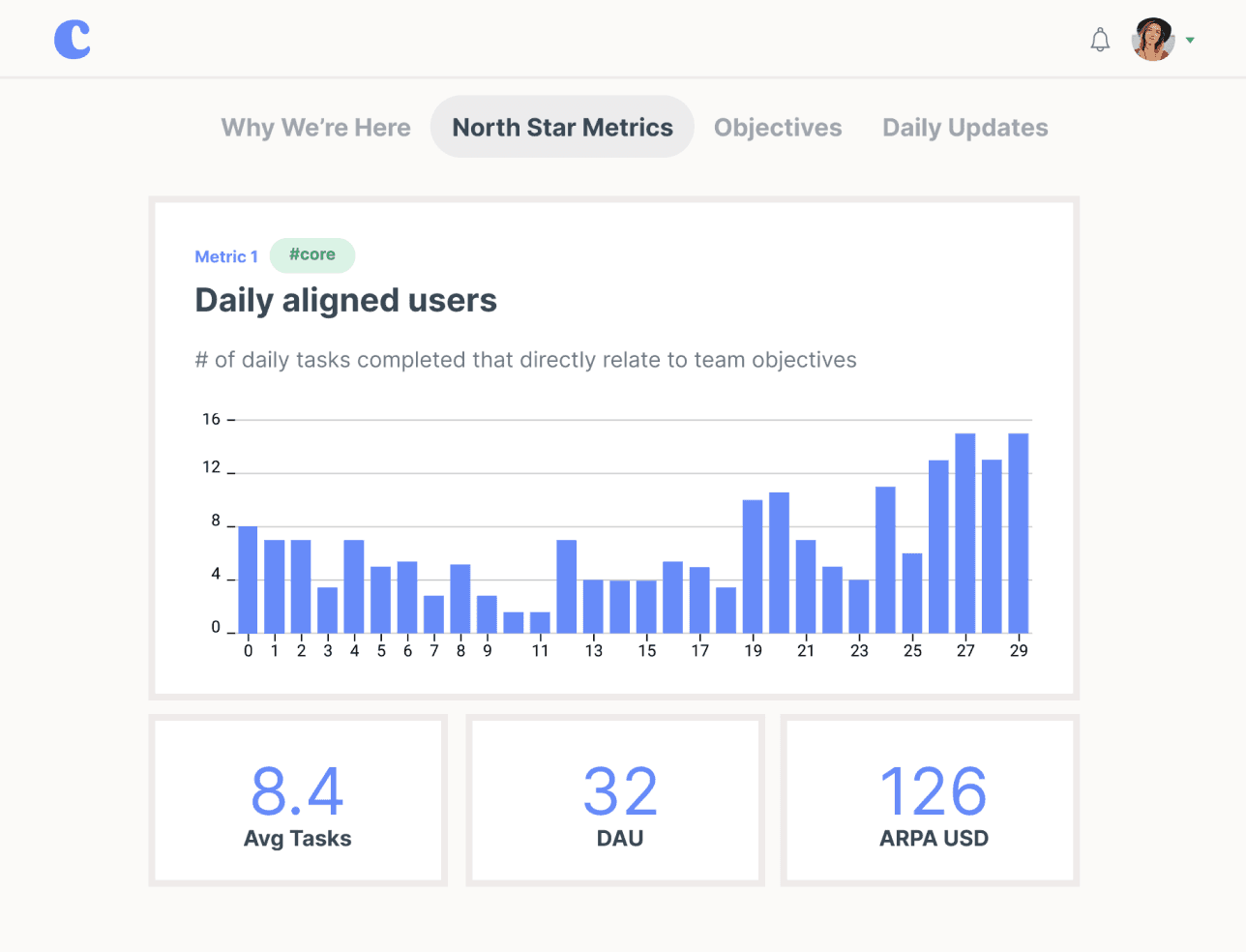

Concept Design
Common
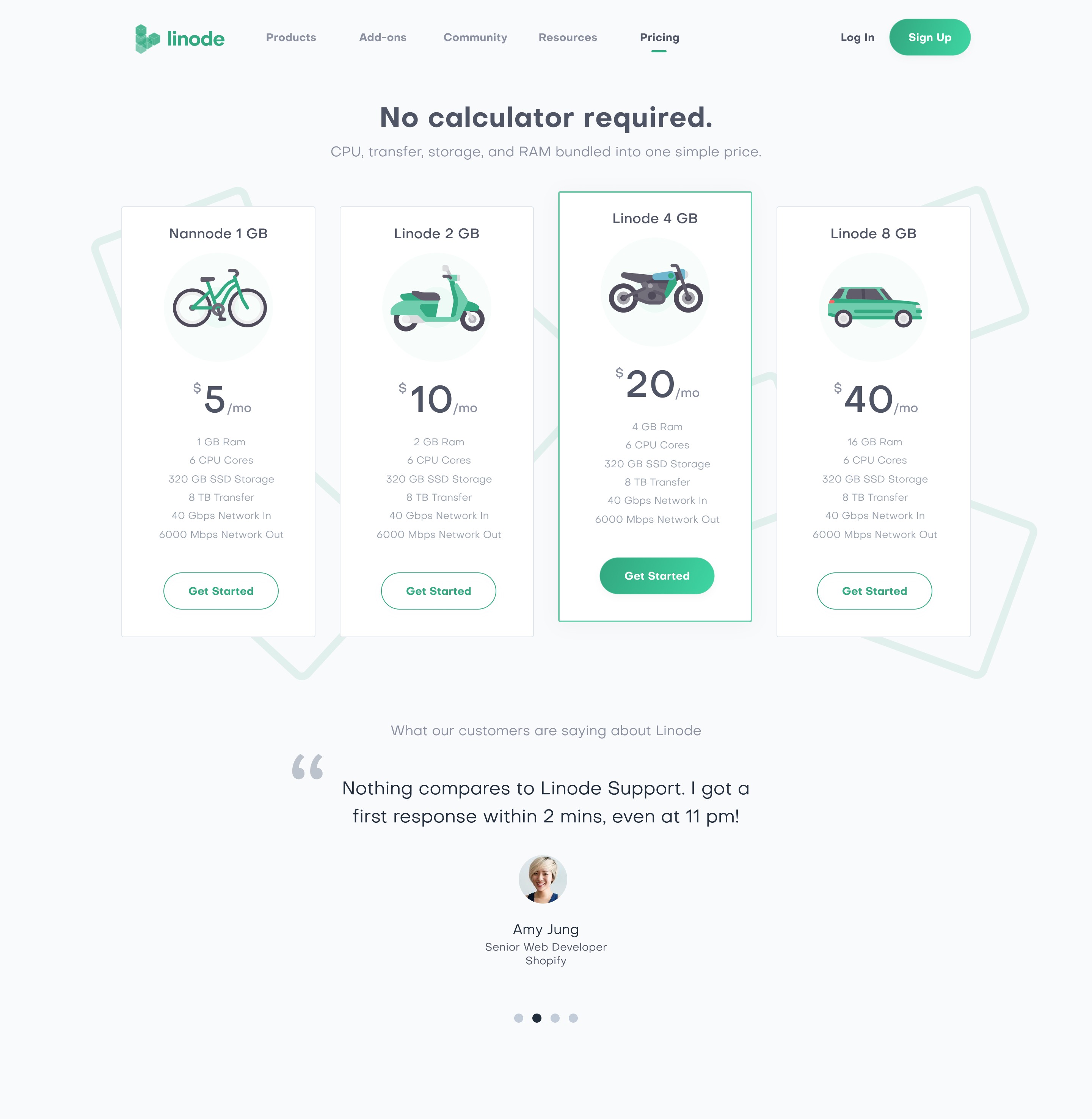

Pricing Page Design
Linode
GUIDING PRINCIPLES
I help teams and clients design end-to-end
cross platform digital experiences
that drive revenue and smiles
I help teams and clients design end-to-end
cross platform digital experiences
that drive revenue and smiles
Move fast without
breaking things
Insane attention
to detail
Effective collaboration
and communication
Outcomes driven and
data-informed design

Carlos Rosemberg
UX Researcher, AI at IBM
Working with Jake was an absolute pleasure and a privilege. He possesses a rare combination of skills in product design, research, and product management, being able to navigate and handle end-to-end project responsibilities with ease in those areas. That is amplified with his extensive knowledge of the SaaS industry, and I was always impressed with his ability to connect small details in the user experience with high-stakes product strategy. On top of that, he is a natural leader with a genuine empathy for his team members, and his strong communication skills make working with him a breeze. If you're looking for someone who can take charge, build great products, and inspire a team, look no further, Jake is the perfect choice!
Kenneth Tsuji
Data Scientist, Cybersyn

I worked with Jake for three years and I wouldn’t hesitate to work with him again. He was a force multiplier on the development team by carefully scoping client needs, coordinating engineering work efficiently, and guiding us through several successful major feature launches. He empowered my own work as a data scientist by ensuring that the SAAS platform always collected clean data to beget even more data driven features.
“
Selected Work
End-to-end Redesign
Context 365
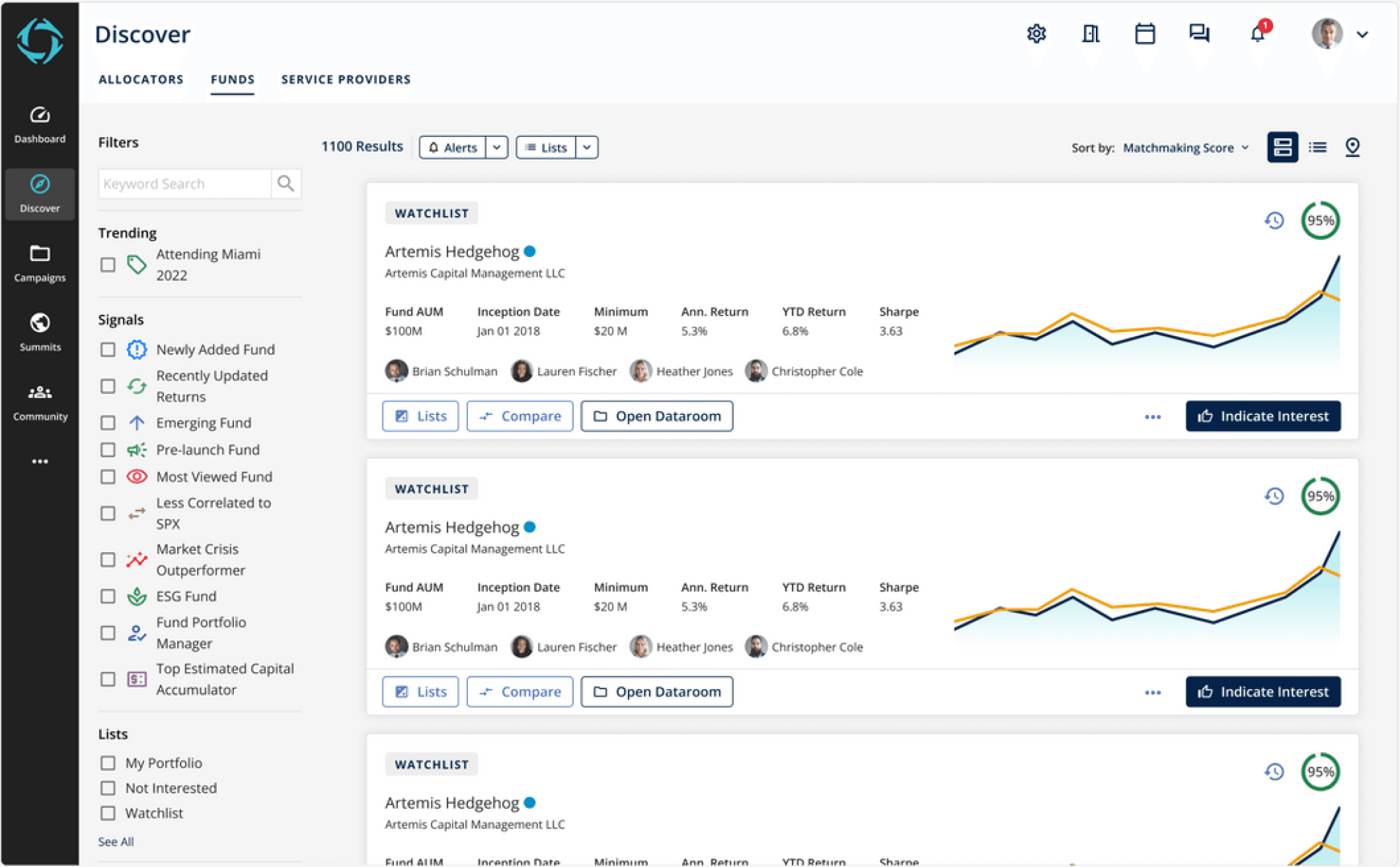
Redesign of the alternative investment platform, Context 365.
+364%
Conversion Rate
Shipped multiple major features
Acquired by Apex Group

Application Design
Clarivate Analytics
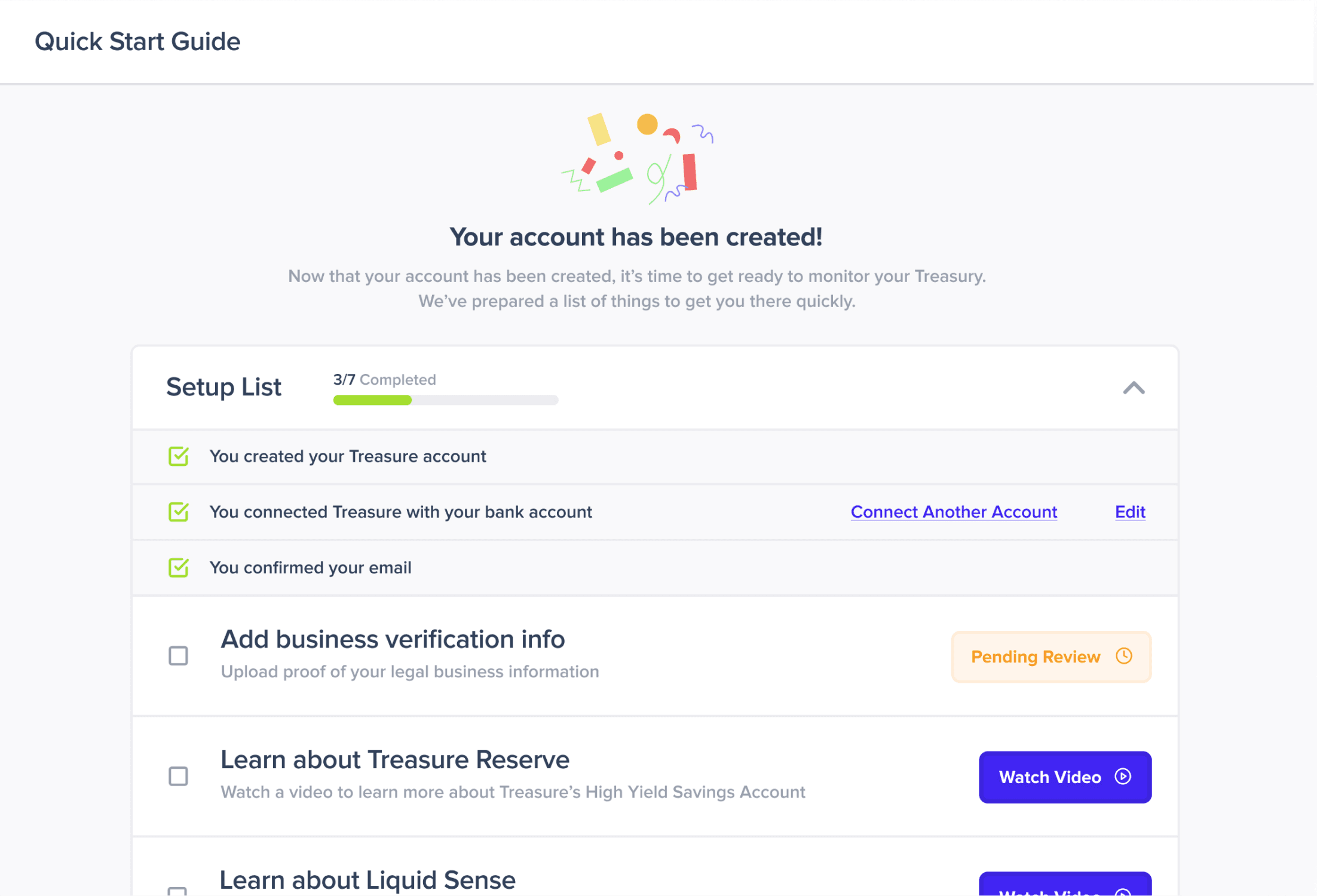
Onboarding Design
Treasure Finance




Mobile App Design
Safehouse

Landing Page Design
Glide
Pitch Deck Design
Story Capital


Graphic Design
Sounding Capital Partners

Pricing Page Design
Linode
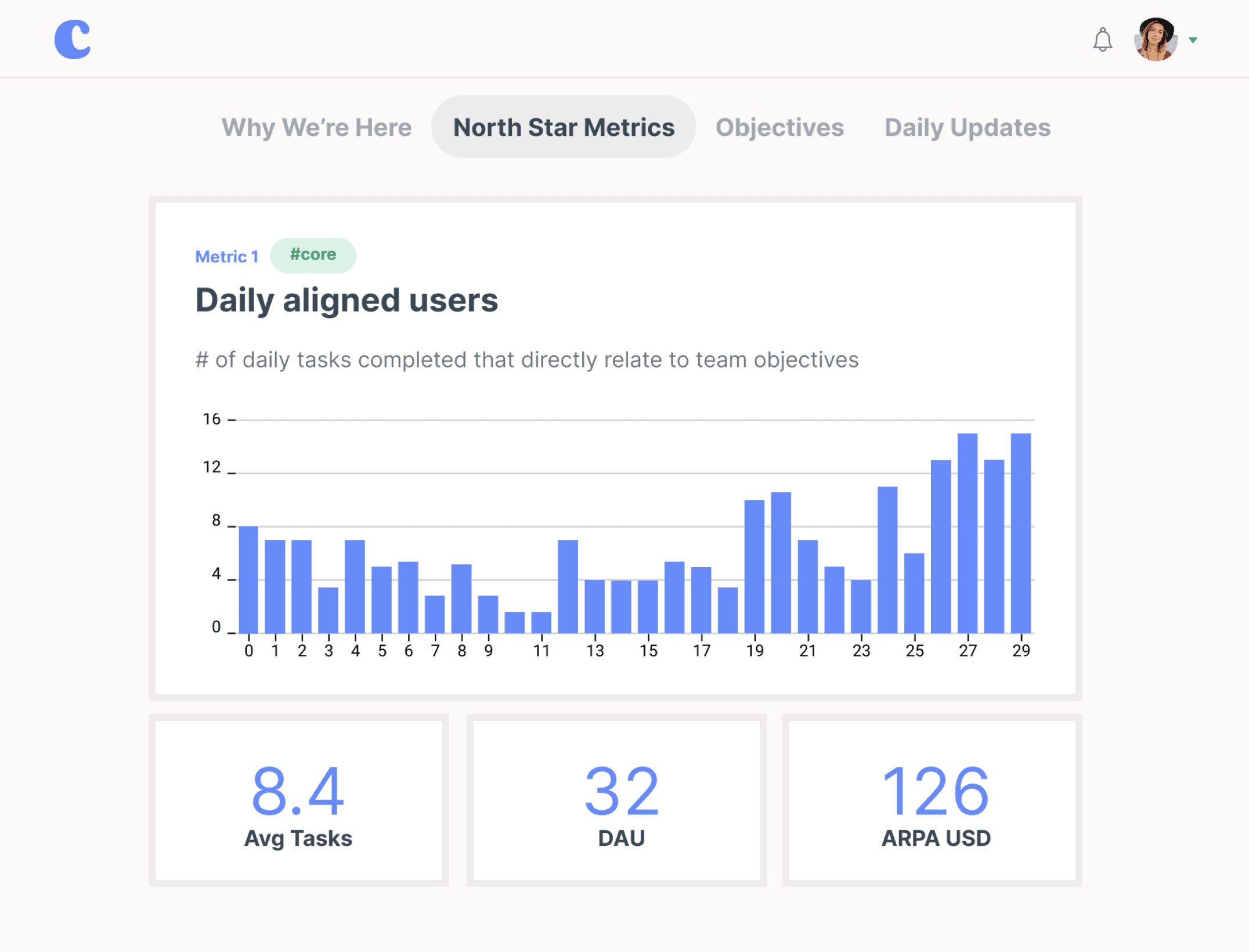
Concept Design
Common
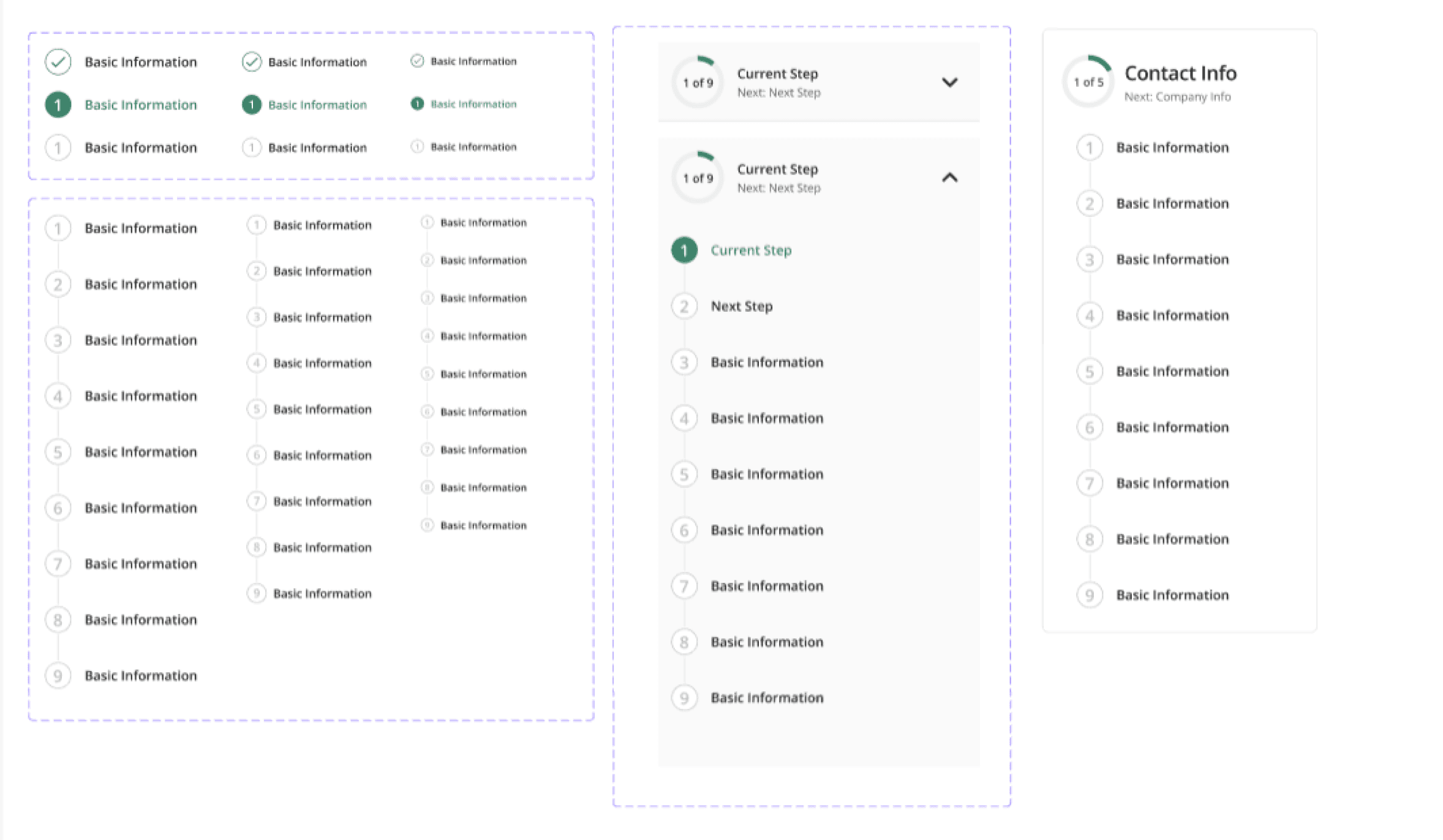
Case Study In-Progress
Design System
Context 365
Led implementation and maintenance of Context 365’s React design system.
100%
Usage across designers and developers
Idea to production in 3 months
Led implementation and maintenance of Context 365’s React design system.

Idea to production in
3 months
100% Usage across
designers and developers
Design System
Context 365
Case Study In-Progress

Onboarding Design
Treasure Finance

Landing Page Design
Glide

Graphic Design
Sounding Capital Partners

Concept Design
Common
+364%
Conversion Rate
Acquired by Apex Group
Redesign of the alternative investment platform, Context 365.

End-to-end Redesign
Context 365
Read Case Study

Application Design
Clarivate Analytics




Mobile App Design
Safehouse
Pitch Deck Design
Story Capital


Pricing Page Design
Linode
My Journey
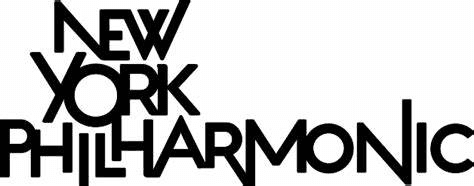
Sequence (acq. Salesforce)
Interaction Designer
The only thing that would make this experience better is if it included Chipotle smells!
-Actual customer feedback

B2C
E-Commerce
Media
Agency
ADP
UX Designer
B2C
Human Resources
Enterprise
Watch Video
Infor
UX Architect
ConsenSys
Product Designer
B2C
B2B
Sports
Industry
Enterprise
Enterprise
Startup
Crypto
Finance
B2C
Watch Video
View Website
View App


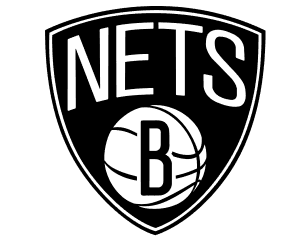

Clarivate Analytics
Product Designer
Enterprise
Academic Research
B2B
B2C
View Website
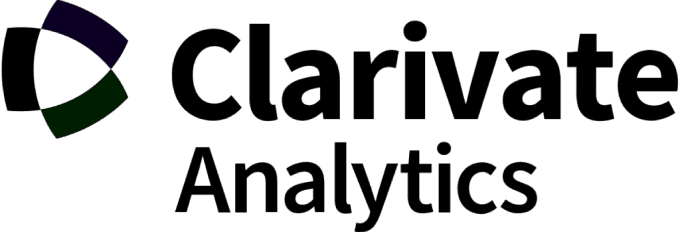
Context 365 (Acq. Apex Group)
Context 365 (Acq. Apex Group)
Director of Product & Design
Director of Product & Design
Enterprise
Startup
Finance
B2B
B2C
View Website

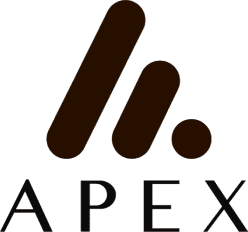
👋



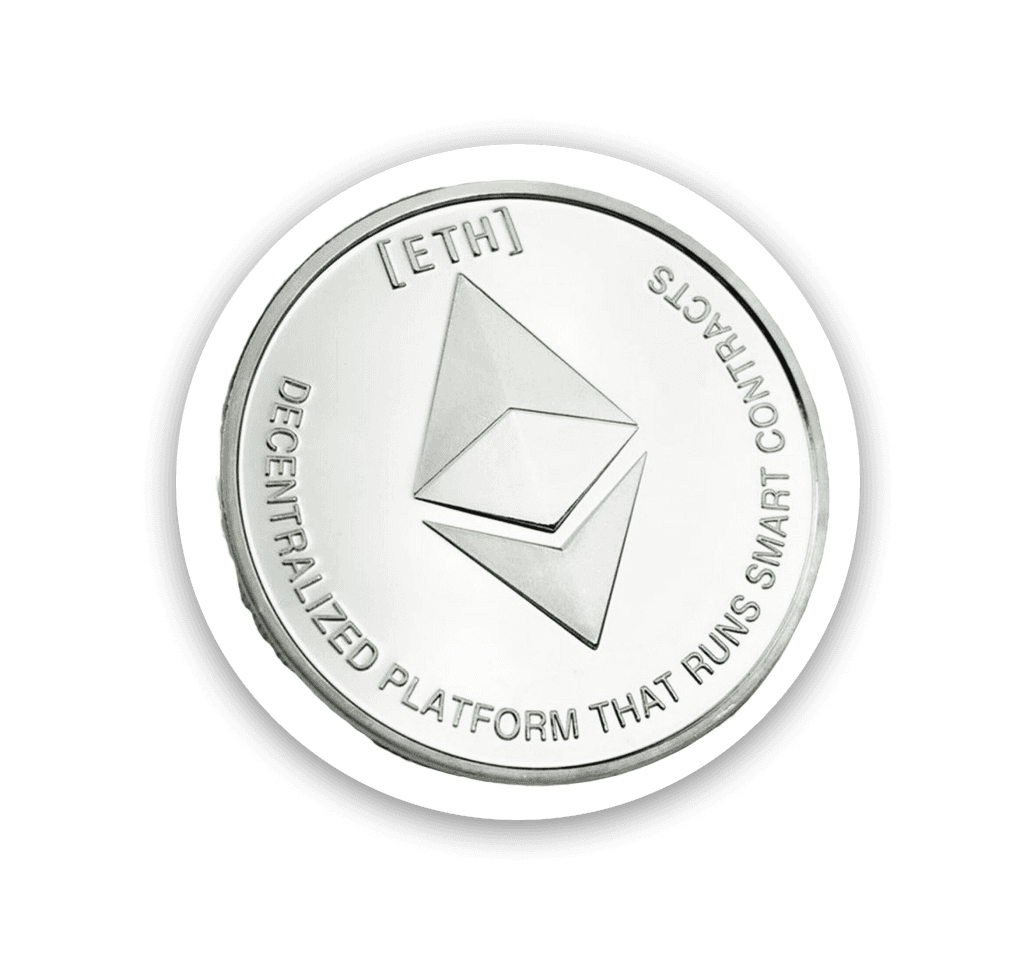
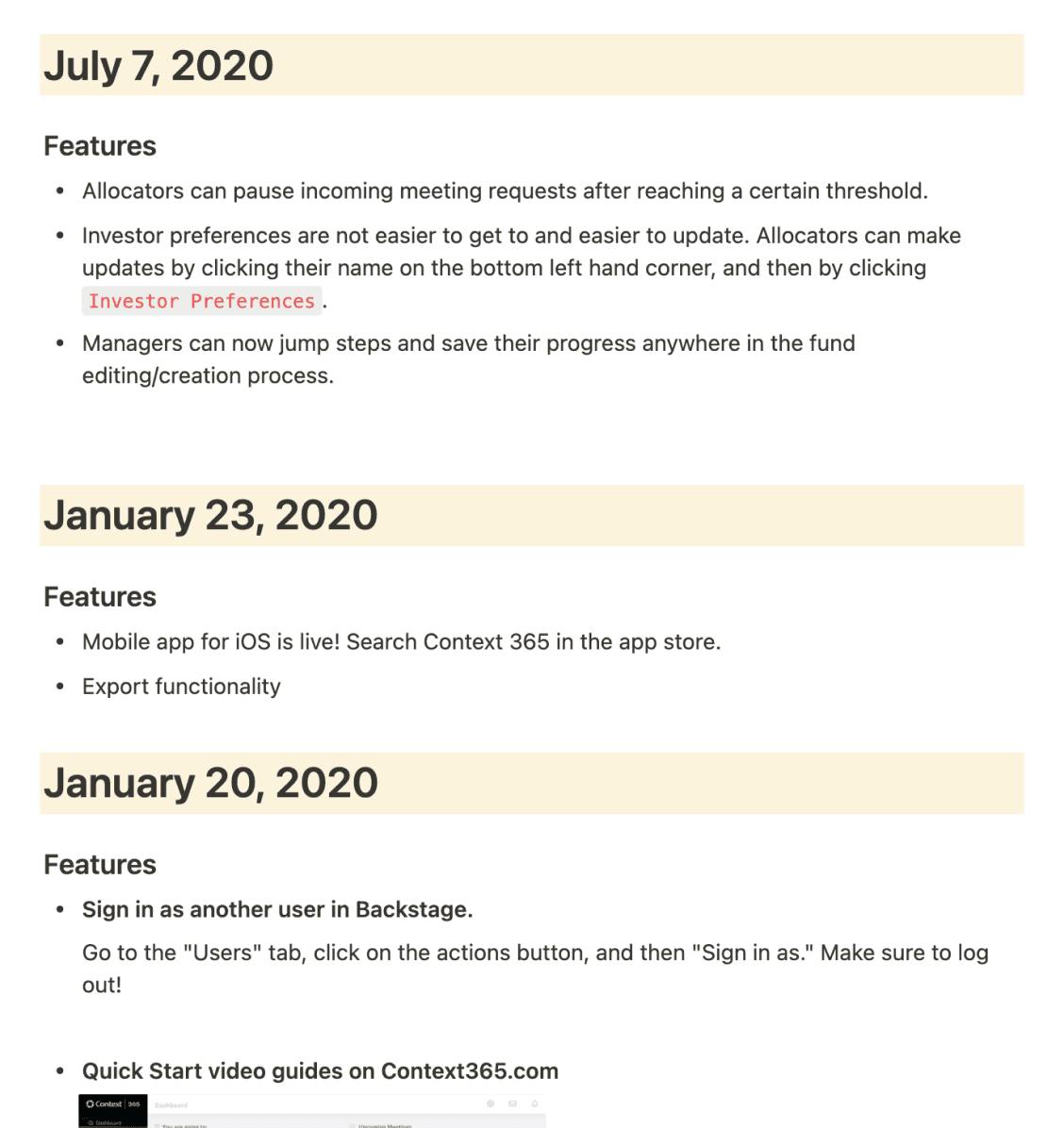
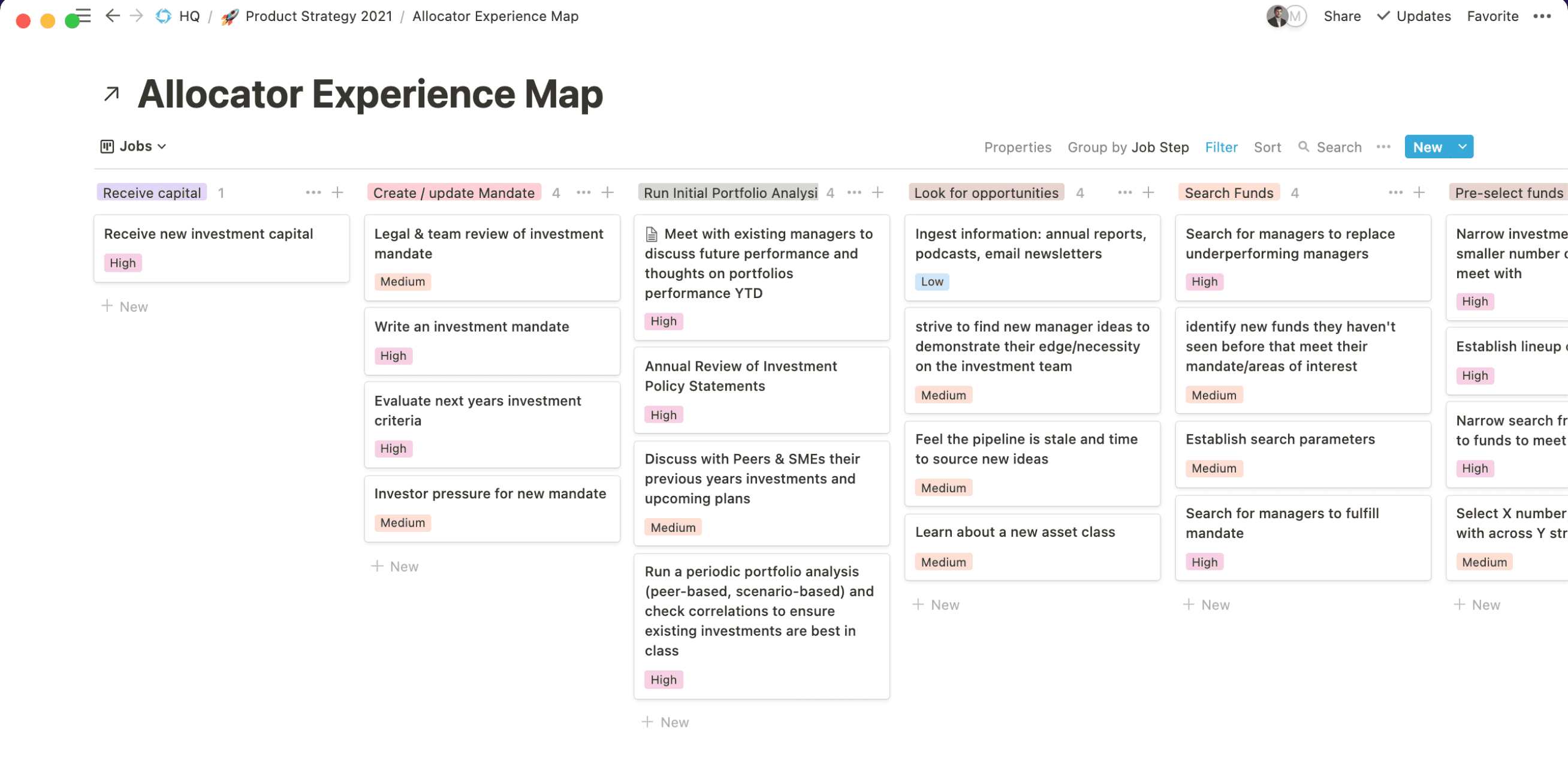
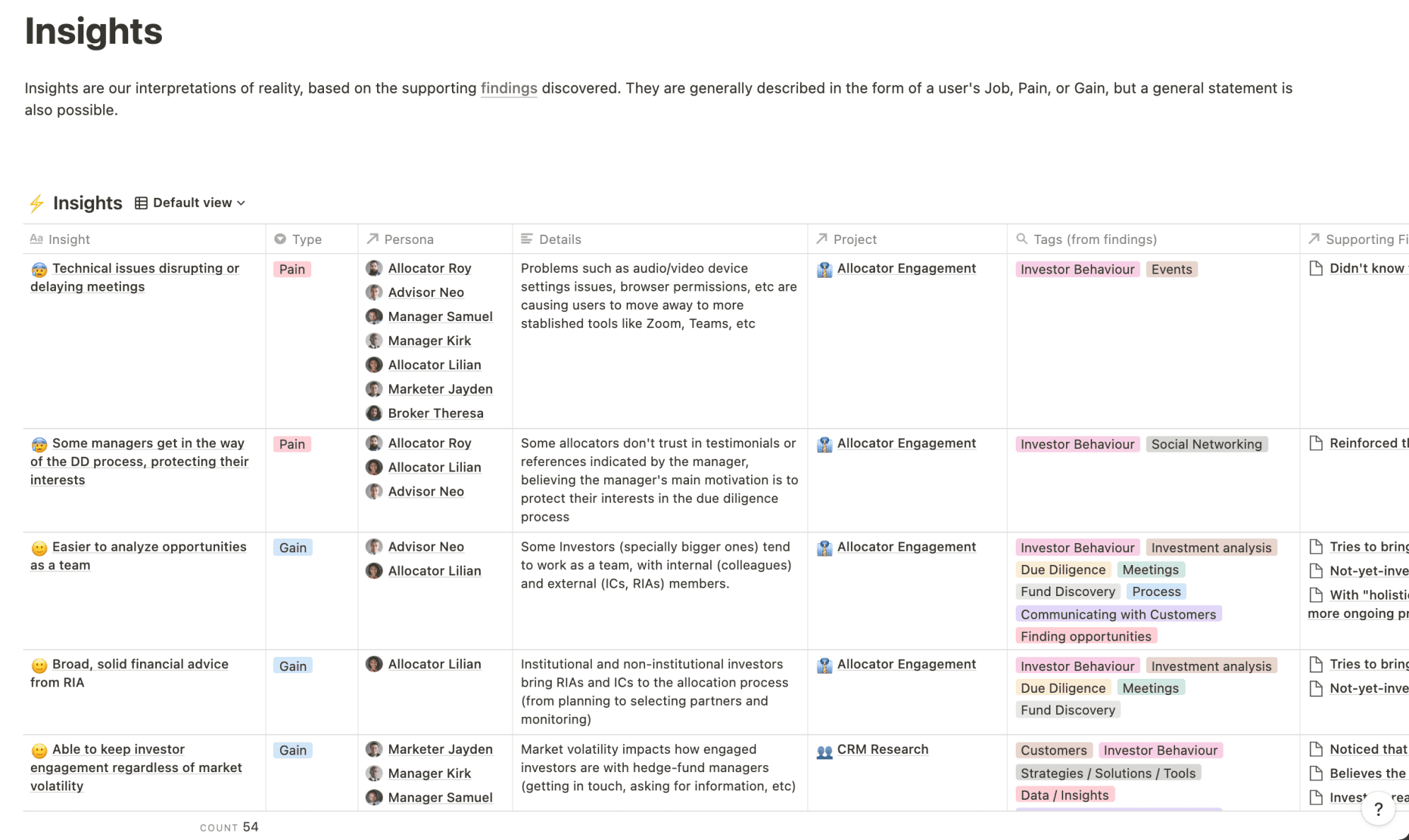
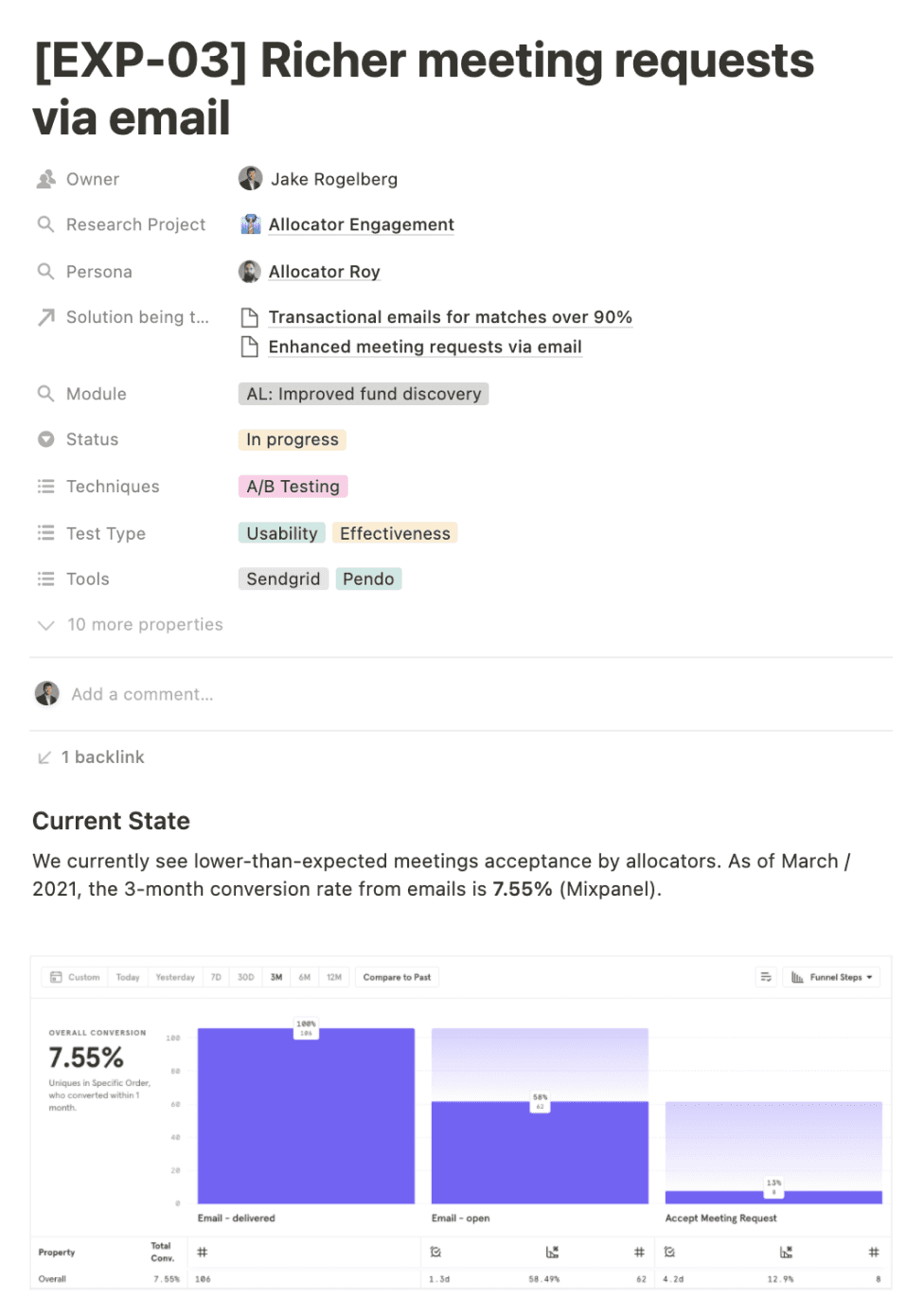
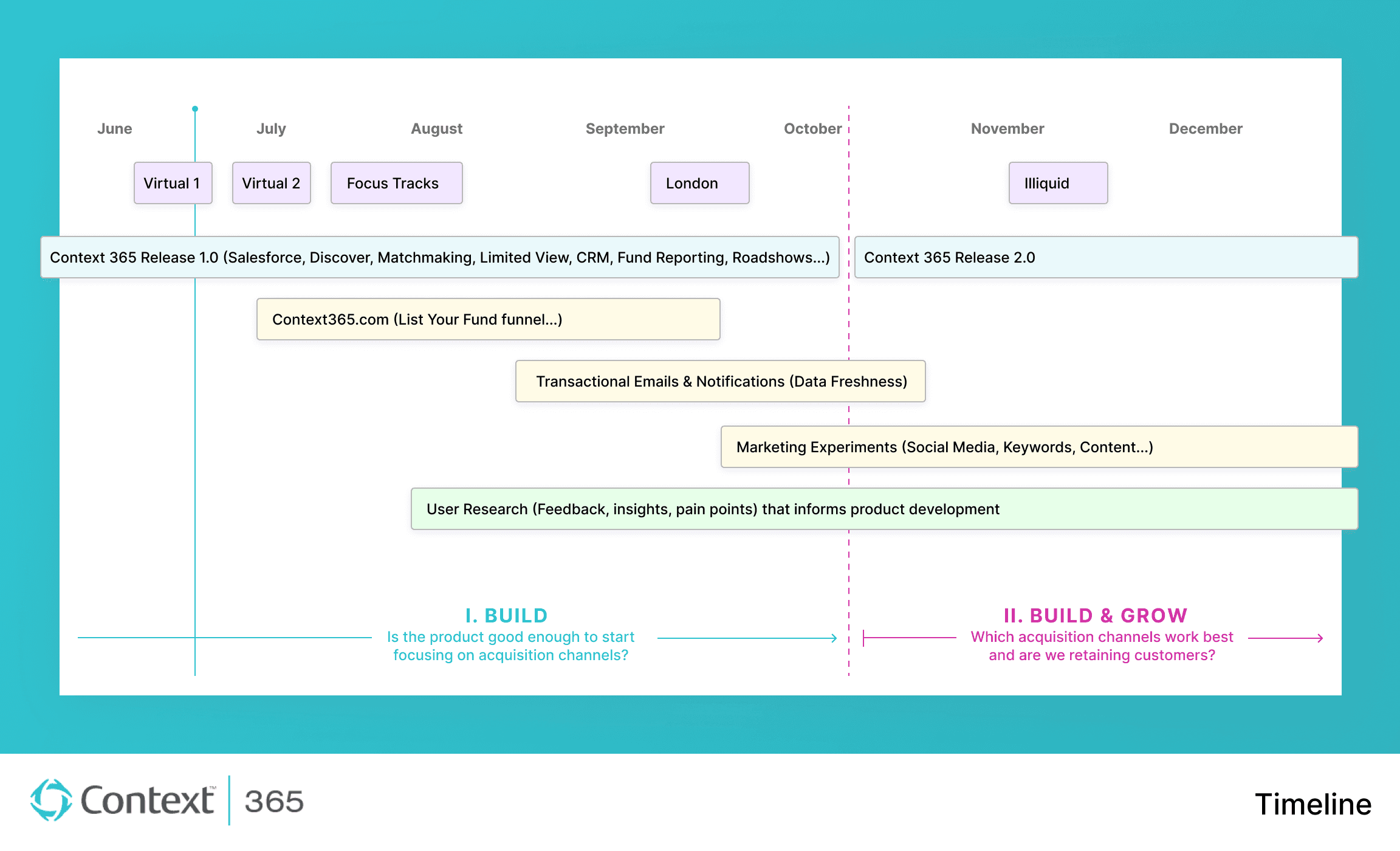
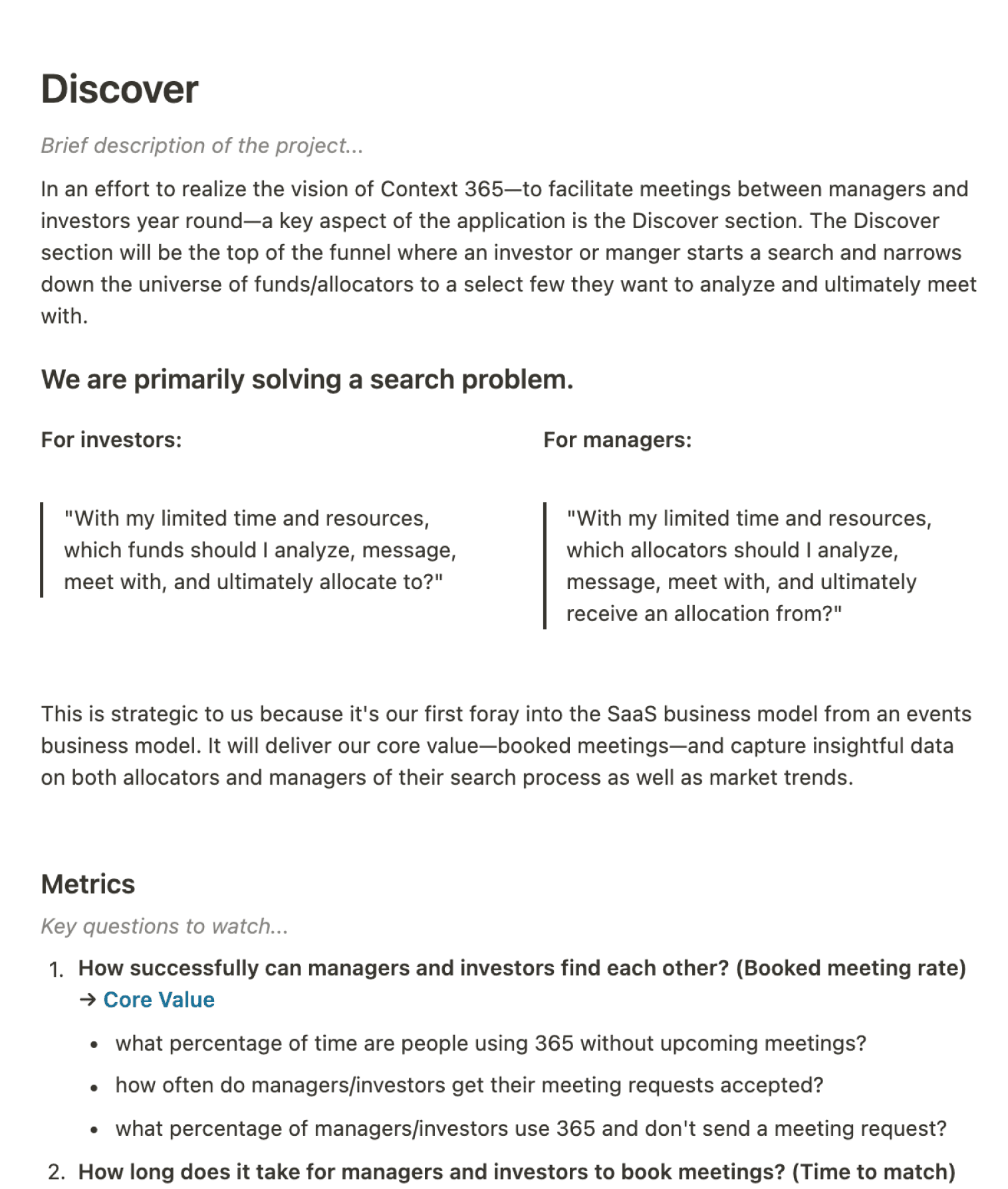
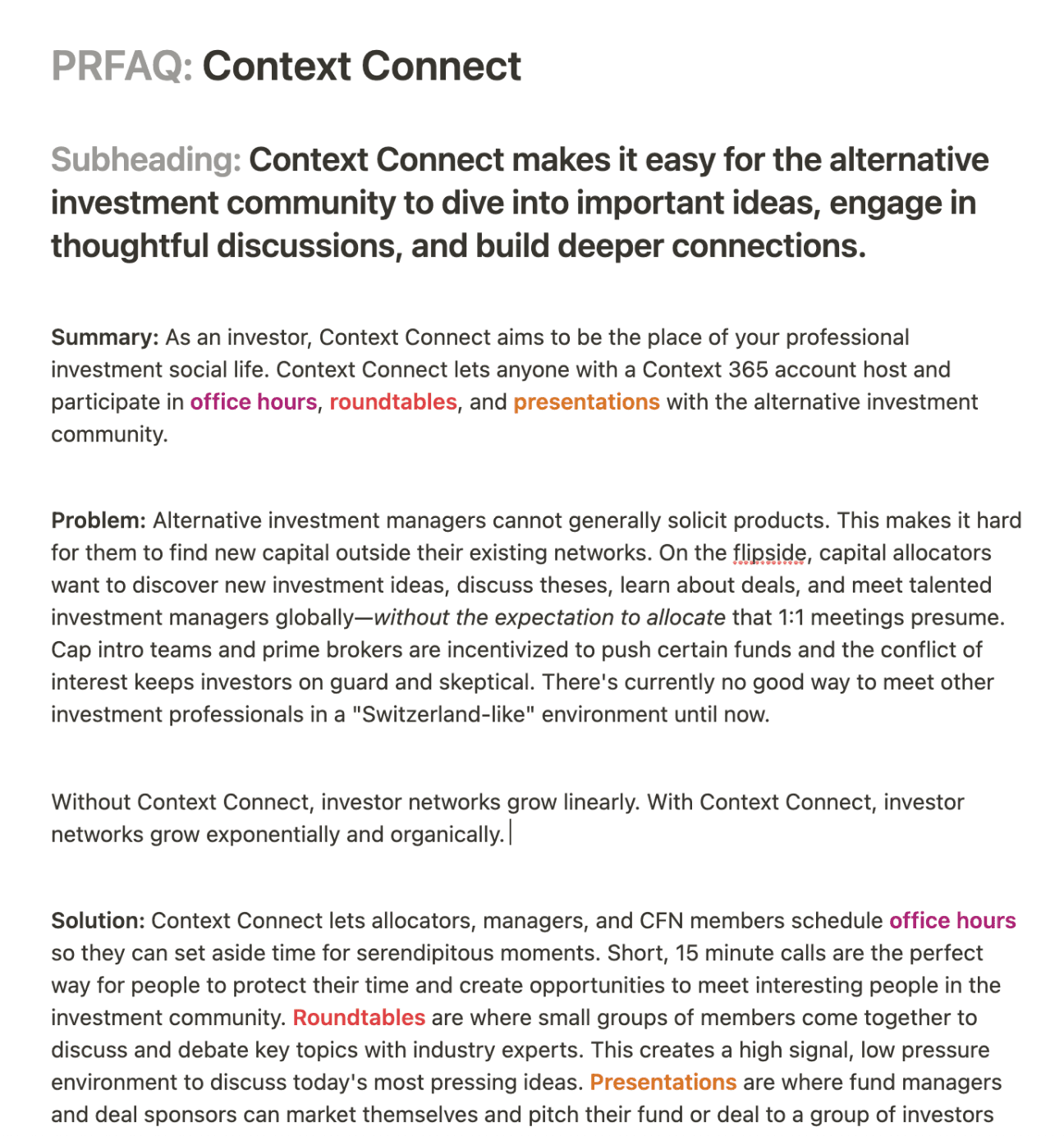
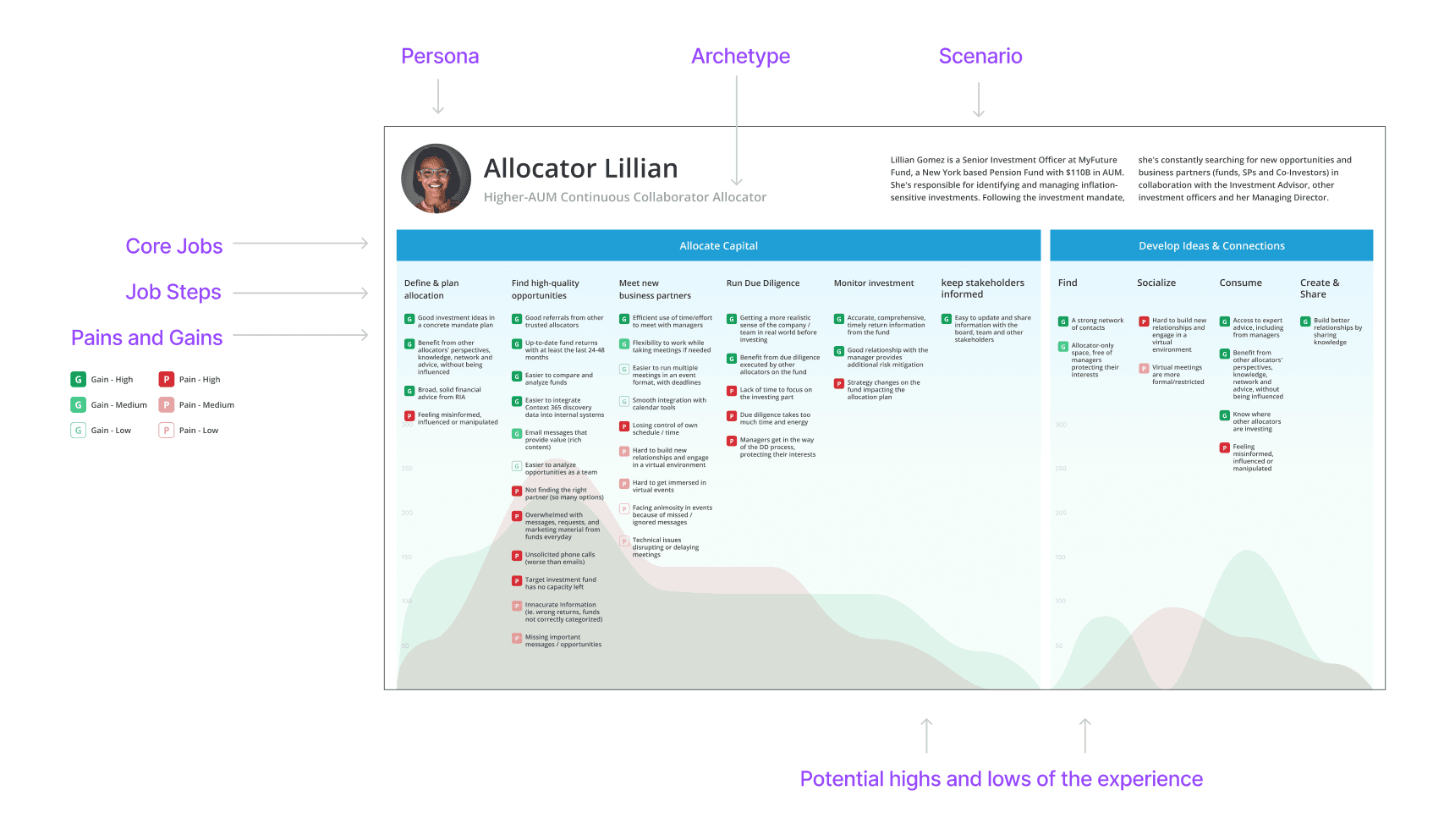
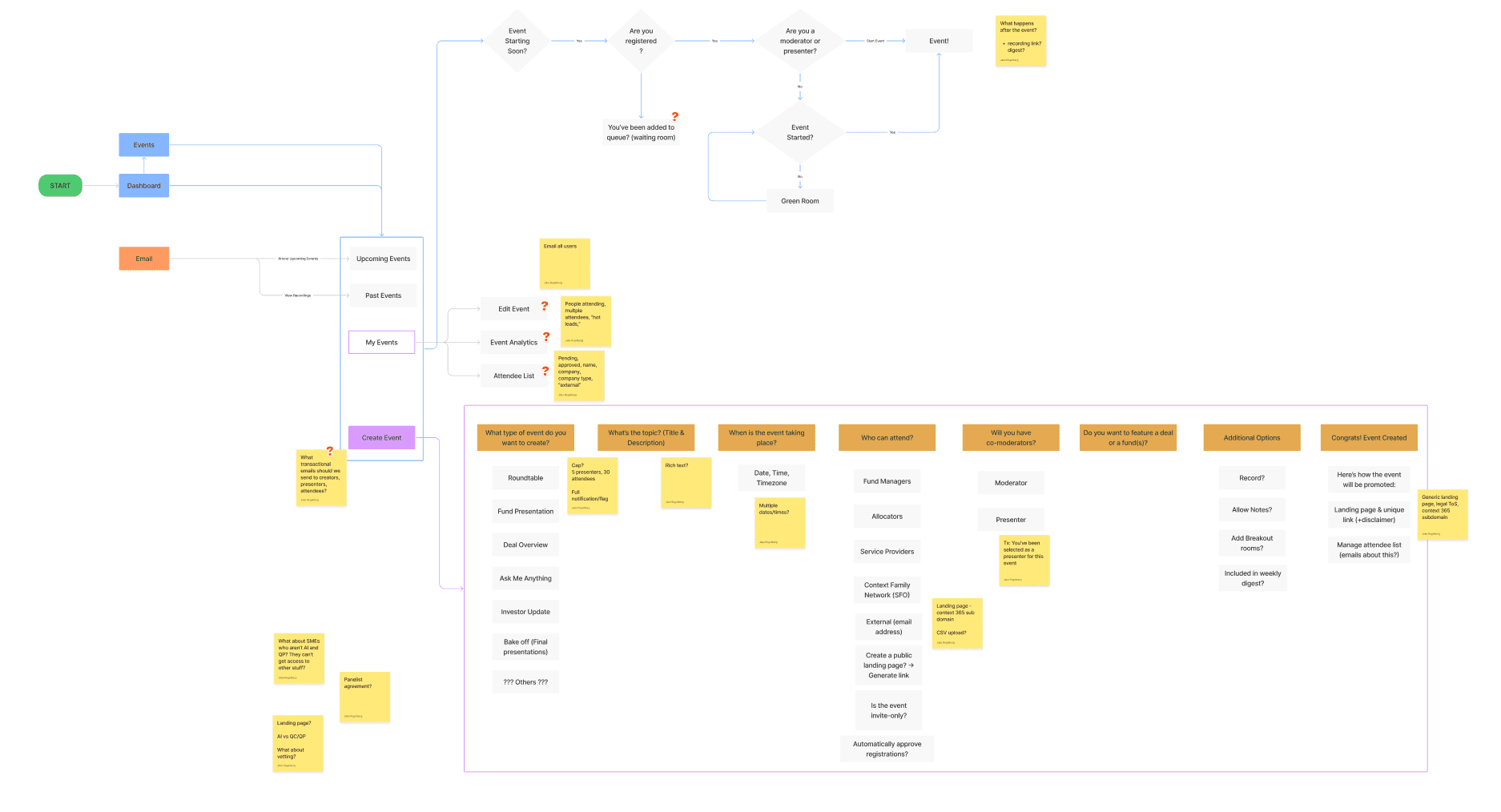
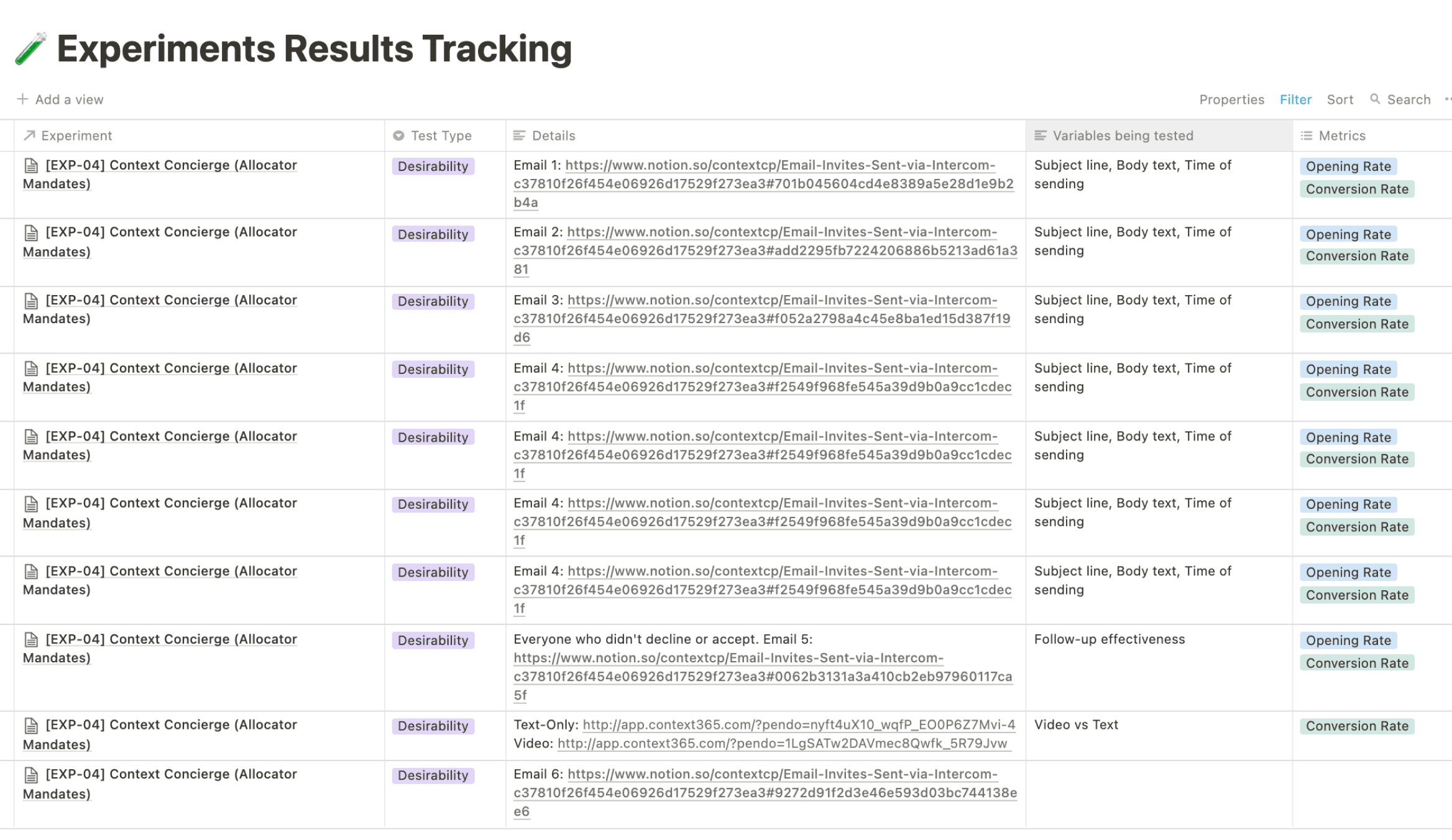
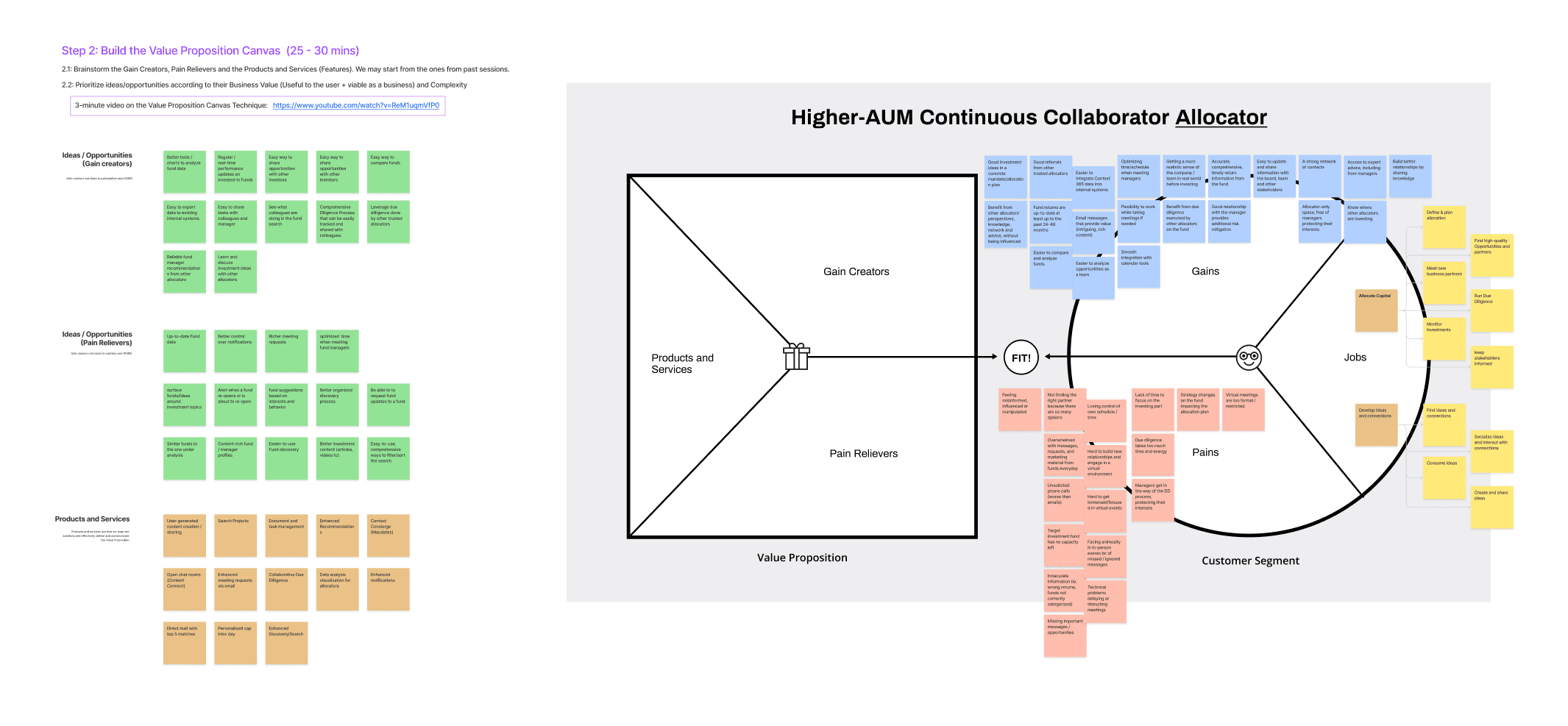
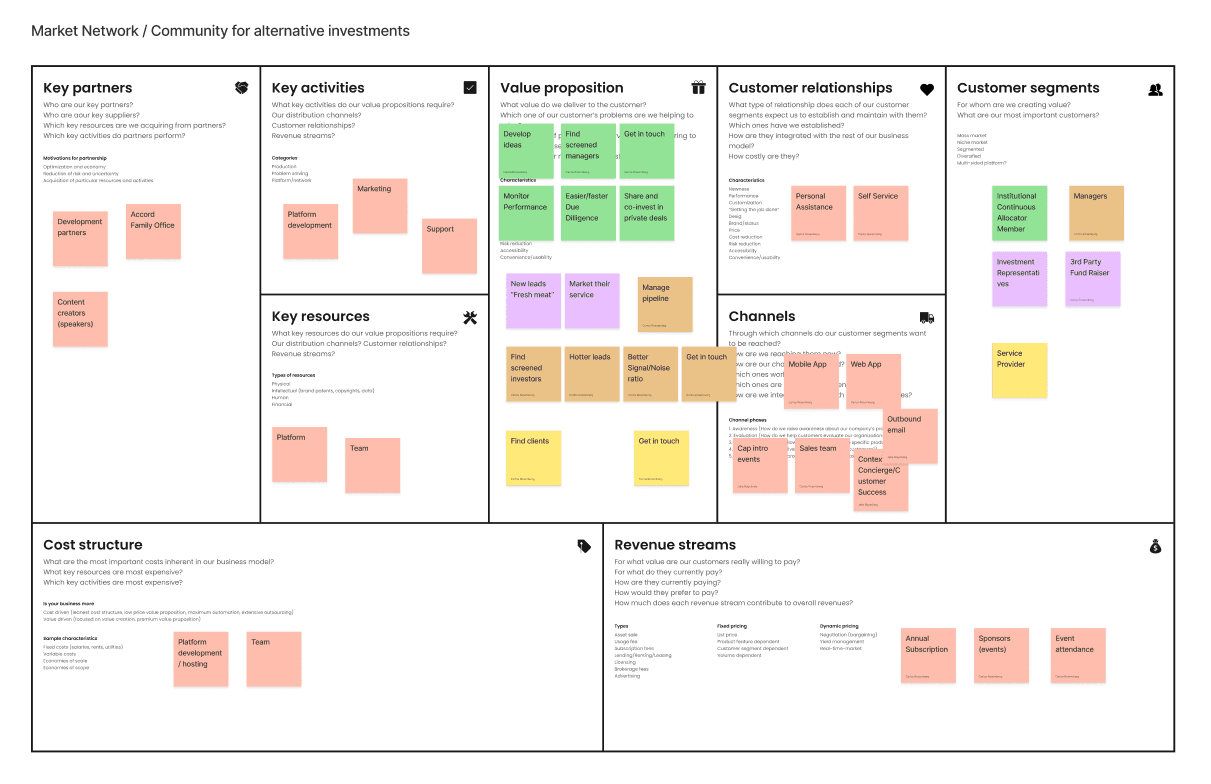
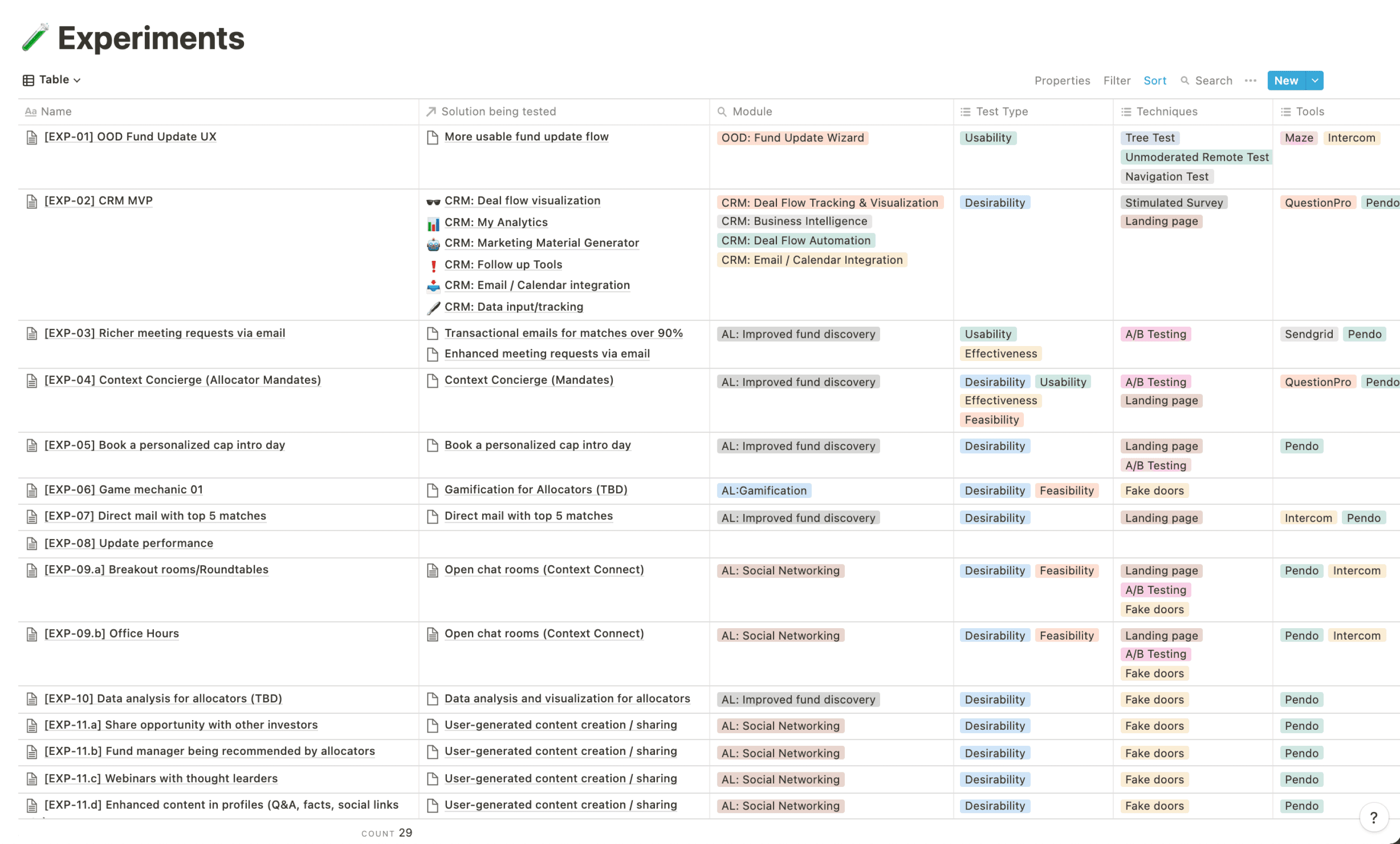
I’ve utilized persona archetypes, journey maps, flowcharts (*my favorite), interactive prototypes, business model canvases, jobs to be done, experience maps, roadmaps, PRDs, PRFAQs, design research repositories in my product development process.
Leveraging a variety of research methods and frameworks, I collaborate with colleagues to gather data, identify insights, and design effective solutions for customers.
Design Research & Strategy

jake
Let's collaborate.
jacobrogelberg [at] gmail.com
you
GUIDING PRINCIPLES
I help teams and clients design end-to-end
cross platform digital experiences that drive
revenue and smiles
I help teams and clients design end-to-end cross platform digital experiences that drive revenue and smiles
Move fast without
breaking things
Insane attention
to detail
Effective collaboration
and communication
Outcomes driven and
data-informed design
“


Carlos Rosemberg
UX Researcher, AI at IBM
Working with Jake was an absolute pleasure and a privilege. He possesses a rare combination of skills in product design, research, and product management, being able to navigate and handle end-to-end project responsibilities with ease in those areas. That is amplified with his extensive knowledge of the SaaS industry, and I was always impressed with his ability to connect small details in the user experience with high-stakes product strategy. On top of that, he is a natural leader with a genuine empathy for his team members, and his strong communication skills make working with him a breeze. If you're looking for someone who can take charge, build great products, and inspire a team, look no further, Jake is the perfect choice!
Kenneth Tsuji
Data Scientist, Cybersyn


I worked with Jake for three years and I wouldn’t hesitate to work with him again. He was a force multiplier on the development team by carefully scoping client needs, coordinating engineering work efficiently, and guiding us through several successful major feature launches. He empowered my own work as a data scientist by ensuring that the SAAS platform always collected clean data to beget even more data driven features.
Selected Work
Led implementation and maintenance of Context 365’s React design system.


Idea to production in
3 months
100% Usage across
designers and developers
Design System
Context 365
Case Study In-Progress


Onboarding Design
Treasure Finance


Landing Page Design
Glide


Graphic Design
Sounding Capital Partners


Concept Design
Common
+364%
Conversion Rate
Acquired by Apex Group
Redesign of the alternative investment platform, Context 365.


End-to-end Redesign
Context 365
Read Case Study


Application Design
Clarivate Analytics








Mobile App Design
Safehouse
Pitch Deck Design
Story Capital




Pricing Page Design
Linode














I’ve utilized persona archetypes, journey maps, flowcharts (*my favorite), interactive prototypes, business model canvases, jobs to be done, experience maps, roadmaps, PRDs, PRFAQs, design research repositories in my product development process.
Leveraging a variety of research methods and frameworks, I collaborate with colleagues to gather data, identify insights, and design effective solutions for customers.
Design Research & Strategy

jake
Let's collaborate.
jacobrogelberg [at] gmail.com
you

jake
Let's collaborate.
jacobrogelberg [at] gmail.com
you
GUIDING PRINCIPLES
I help teams and clients design end-to-end cross platform digital experiences that drive revenue and smiles
Move fast without
breaking things
Insane attention
to detail
Effective collaboration
and communication
Outcomes driven and
data-informed design
“


Carlos Rosemberg
UX Researcher, AI at IBM
Working with Jake was an absolute pleasure and a privilege. He possesses a rare combination of skills in product design, research, and product management, being able to navigate and handle end-to-end project responsibilities with ease in those areas. That is amplified with his extensive knowledge of the SaaS industry, and I was always impressed with his ability to connect small details in the user experience with high-stakes product strategy. On top of that, he is a natural leader with a genuine empathy for his team members, and his strong communication skills make working with him a breeze. If you're looking for someone who can take charge, build great products, and inspire a team, look no further, Jake is the perfect choice!
Kenneth Tsuji
Data Scientist, Cybersyn


I worked with Jake for three years and I wouldn’t hesitate to work with him again. He was a force multiplier on the development team by carefully scoping client needs, coordinating engineering work efficiently, and guiding us through several successful major feature launches. He empowered my own work as a data scientist by ensuring that the SAAS platform always collected clean data to beget even more data driven features.
Design Research & Strategy
Leveraging a variety of research methods and frameworks, I collaborate with colleagues to gather data, identify insights, and design effective solutions for customers.
I’ve utilized persona archetypes, journey maps, flowcharts (*my favorite), interactive prototypes, business model canvases, jobs to be done, experience maps, roadmaps, PRDs, PRFAQs, design research repositories in my product development process.















jake
Let's collaborate.
jacobrogelberg [at] gmail.com
you

jake
Let's collaborate.
jacobrogelberg [at] gmail.com
you








